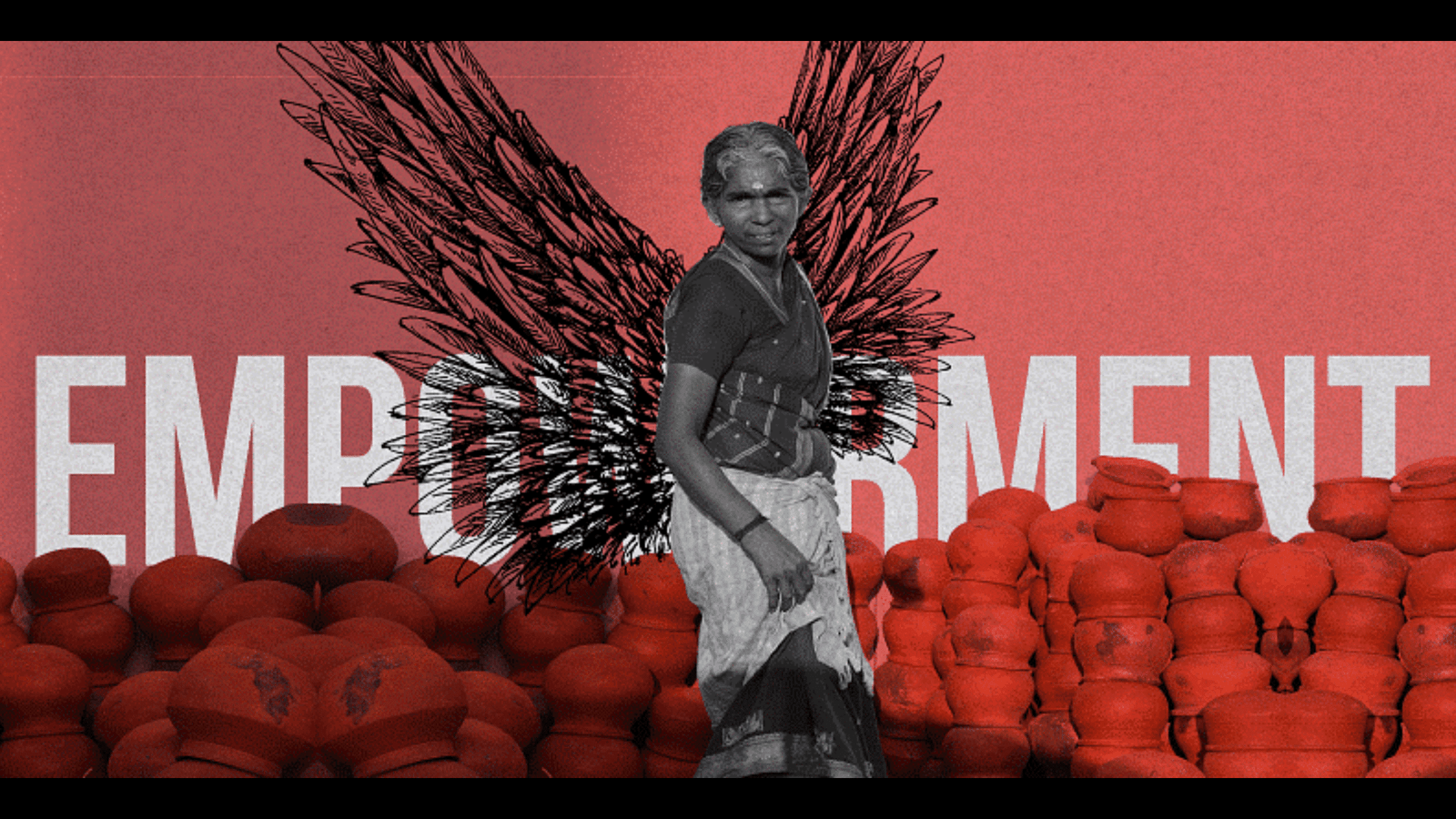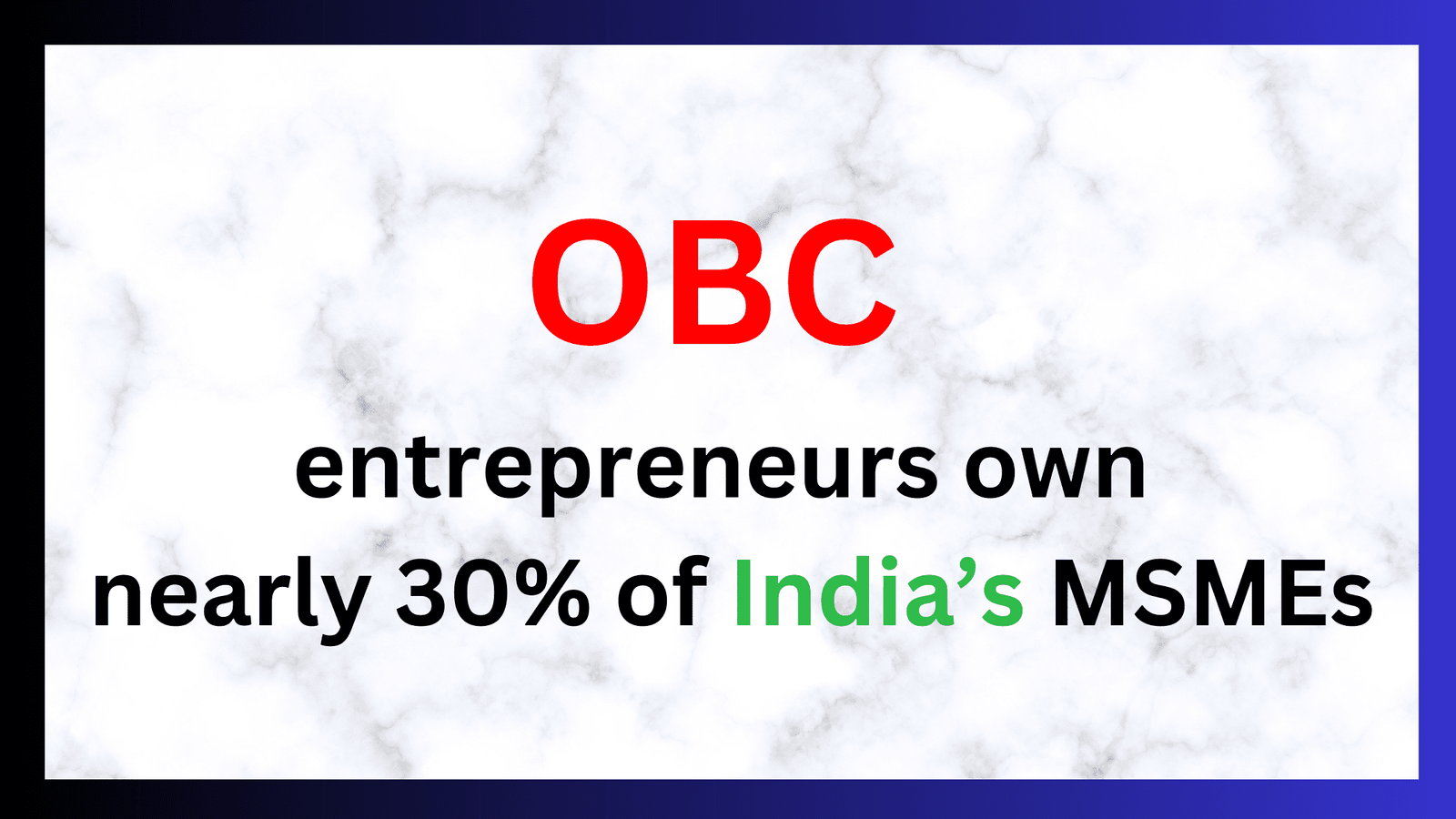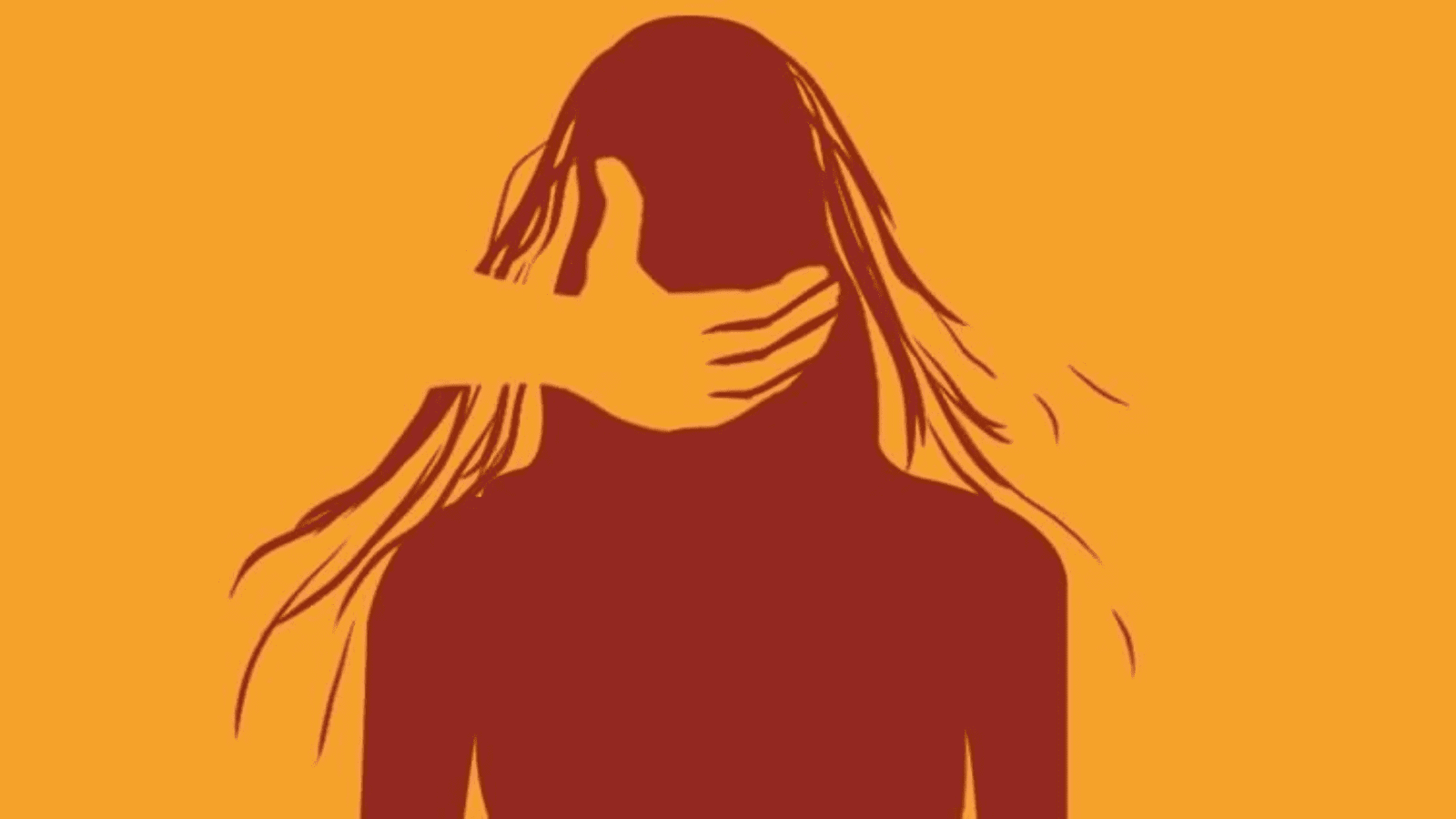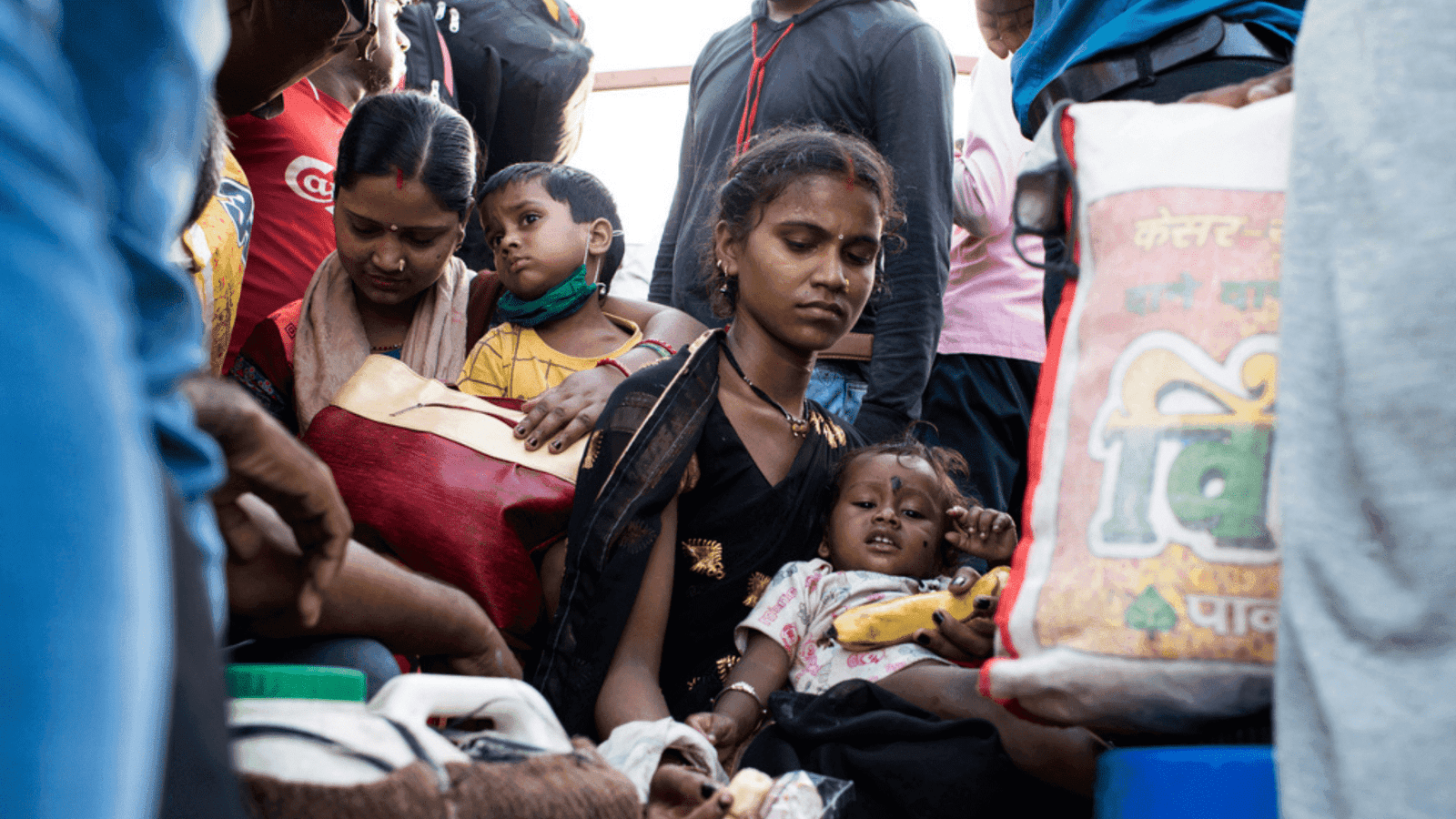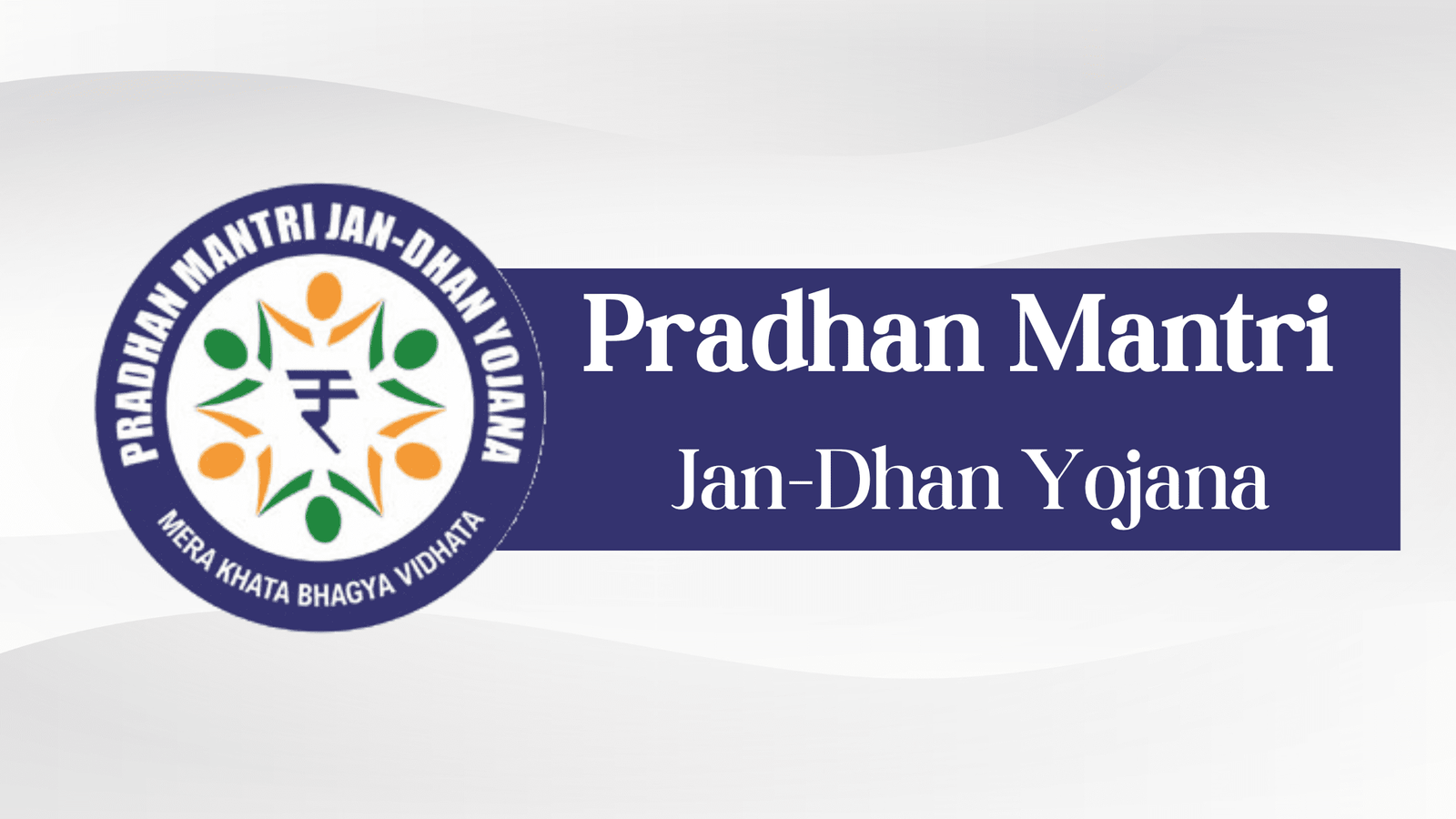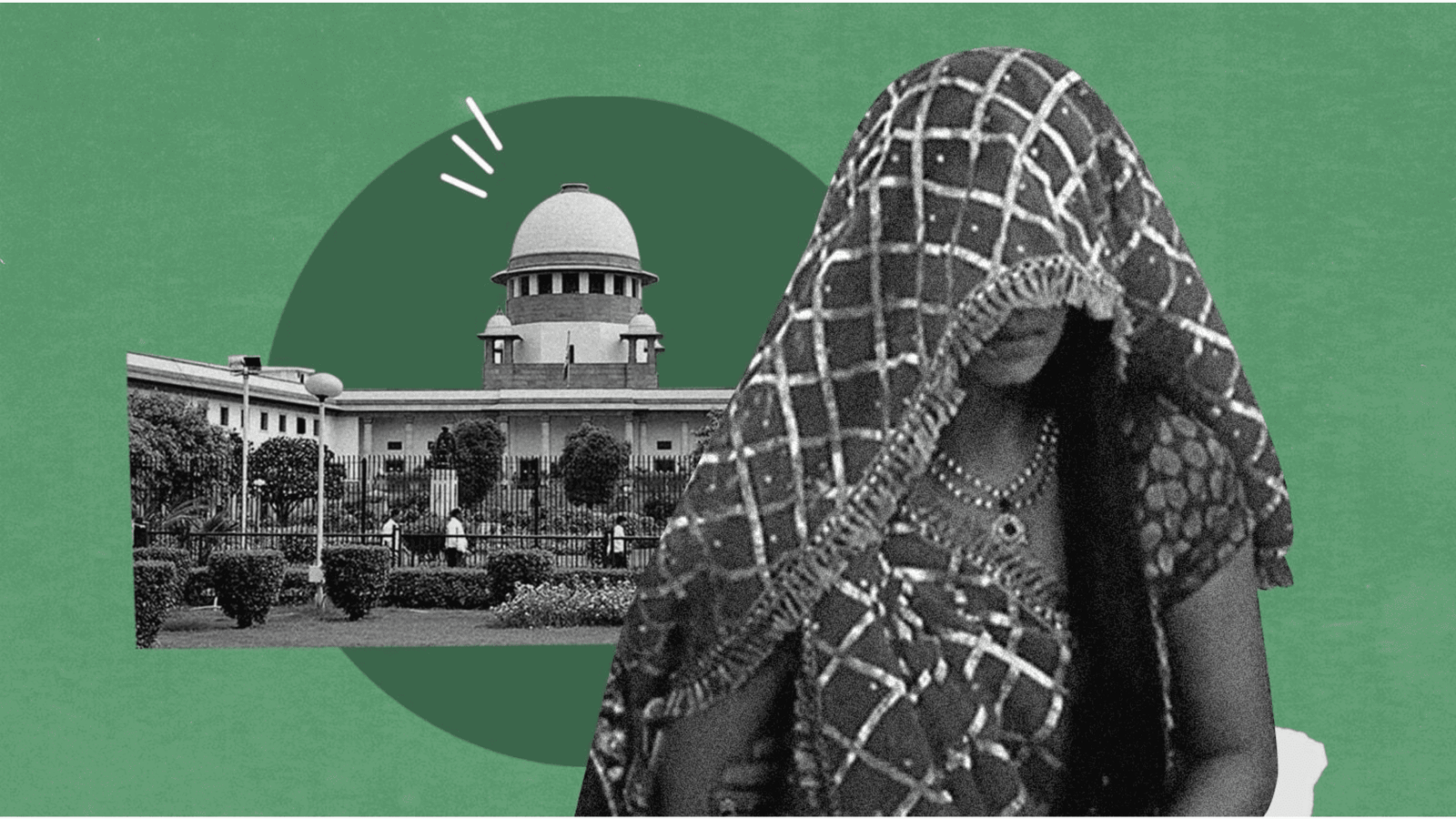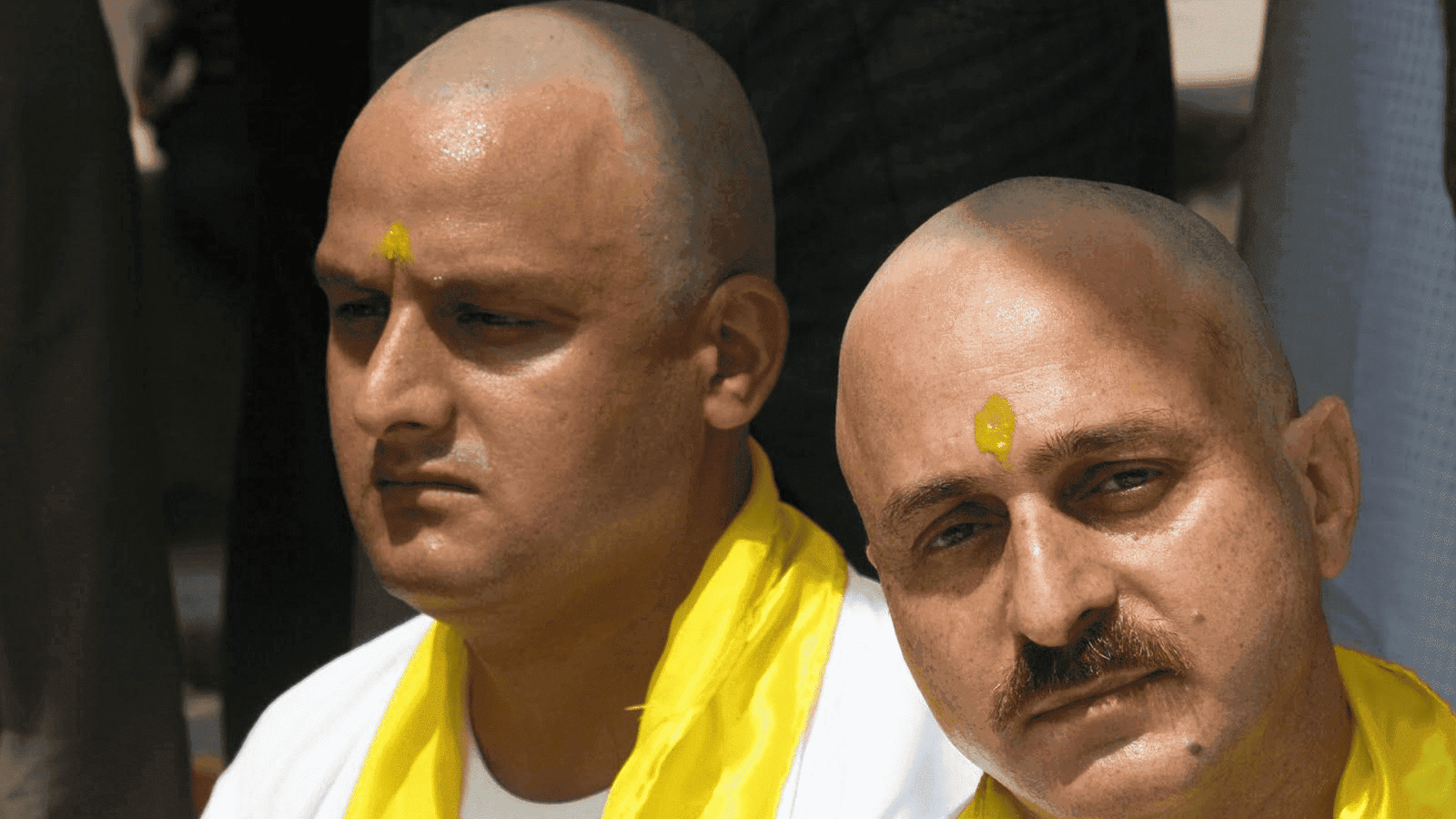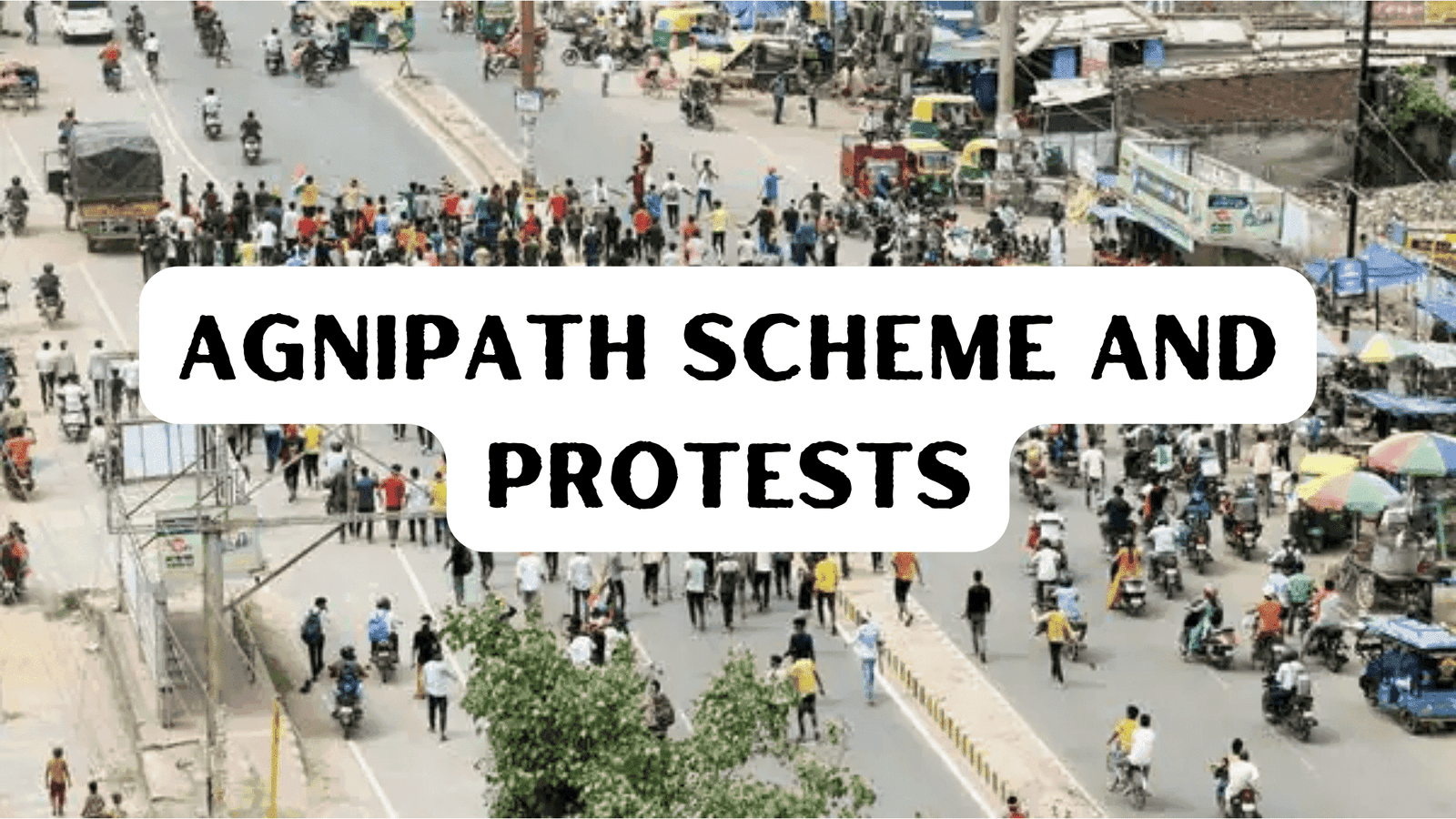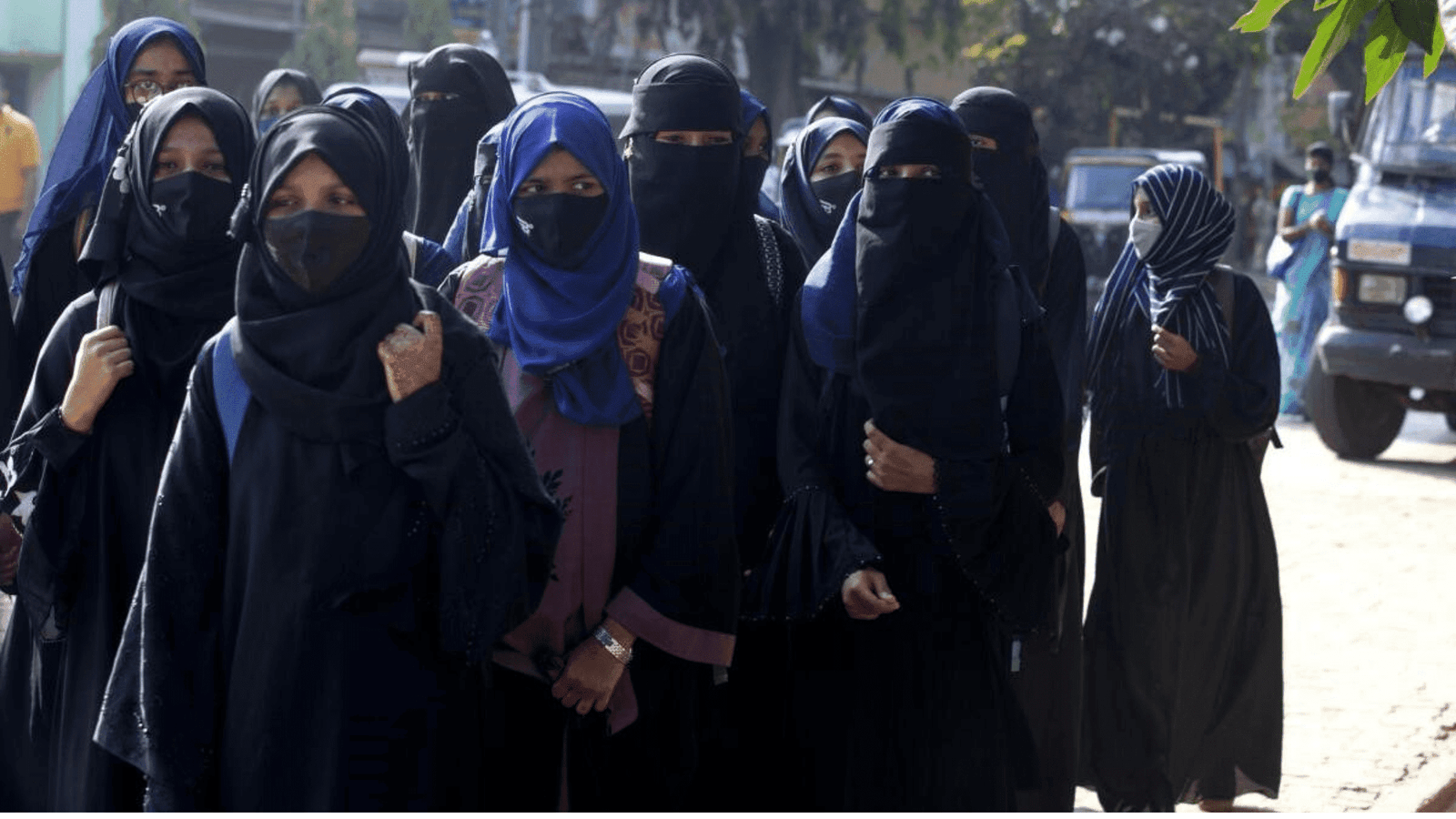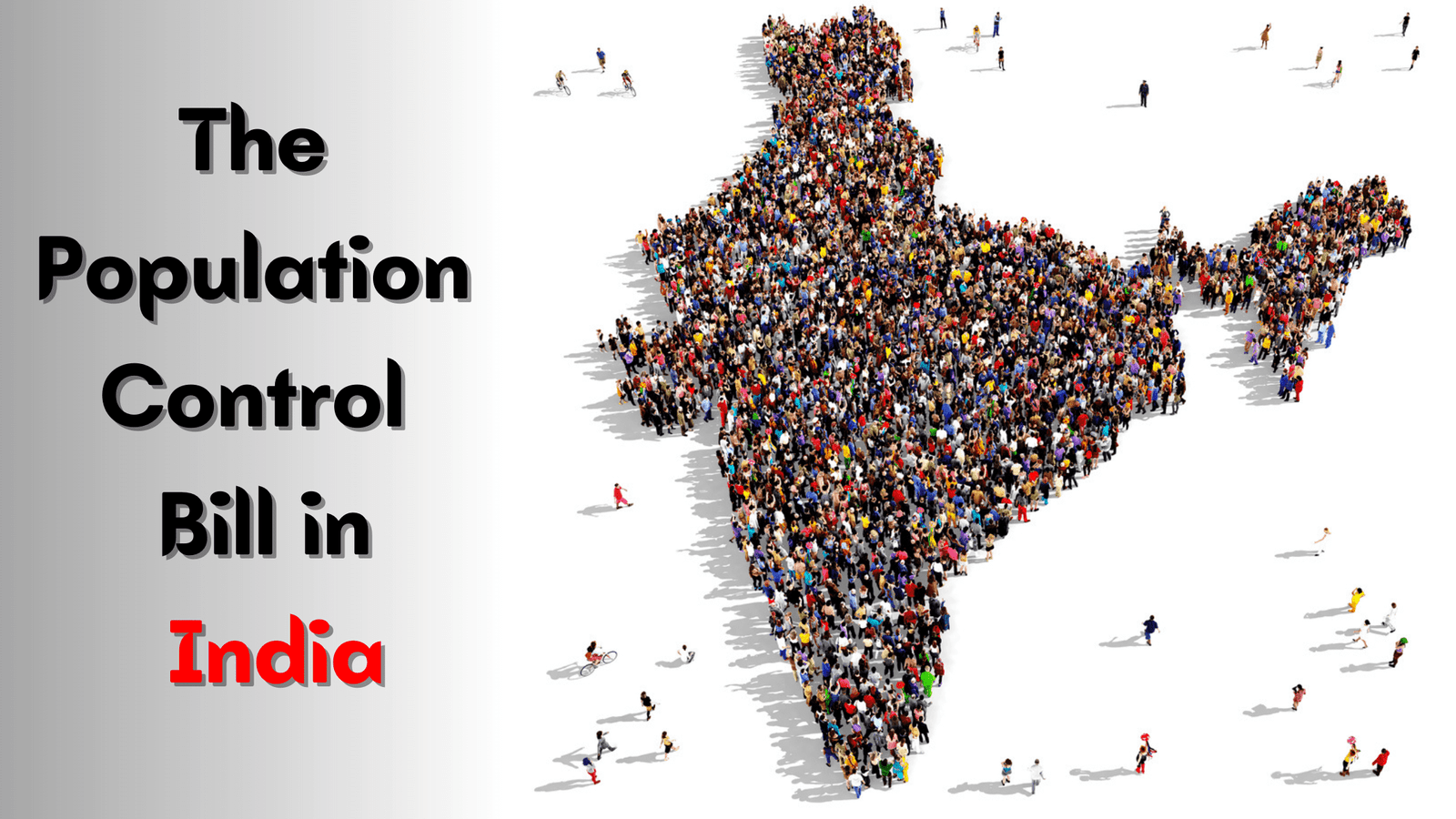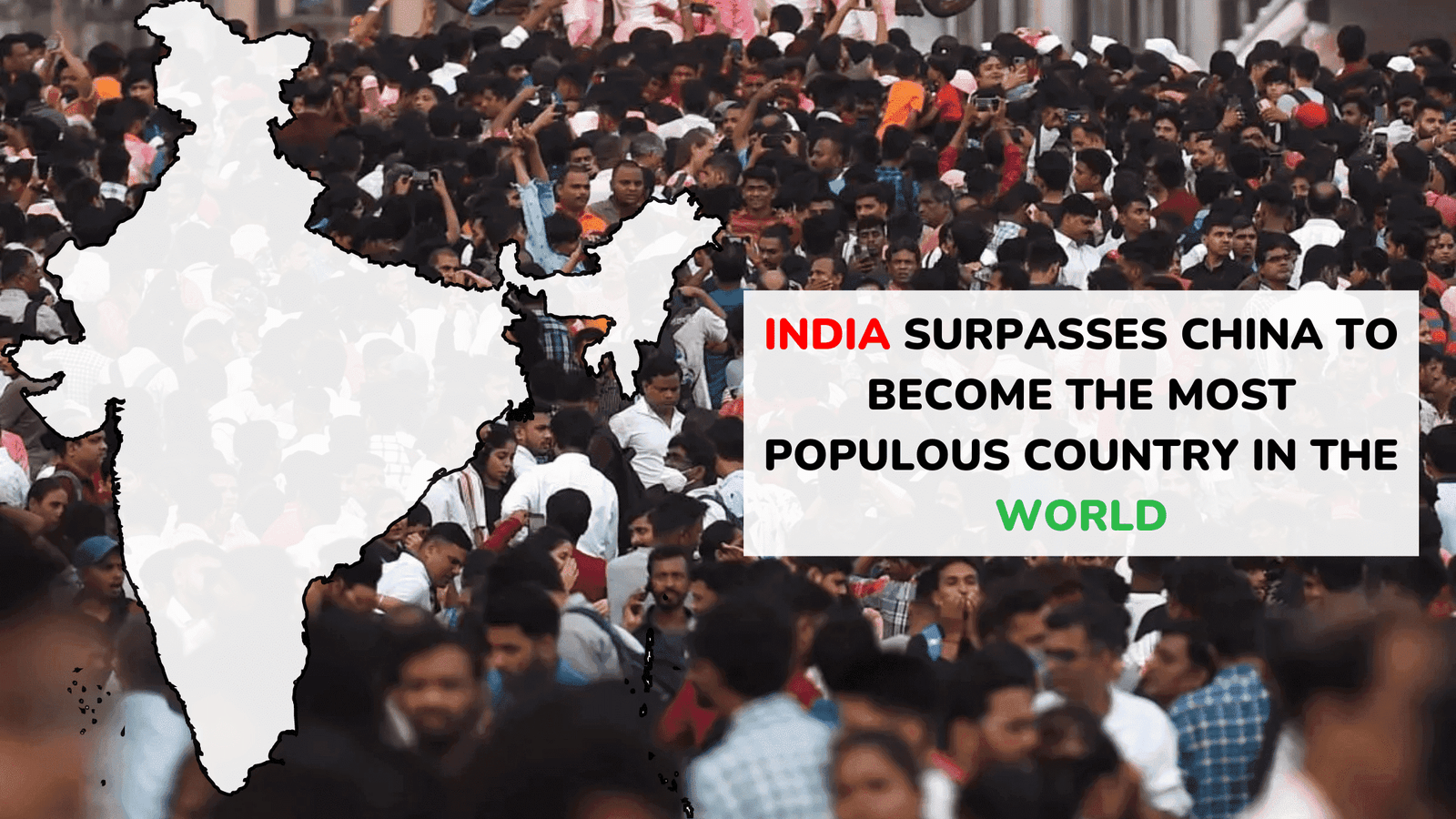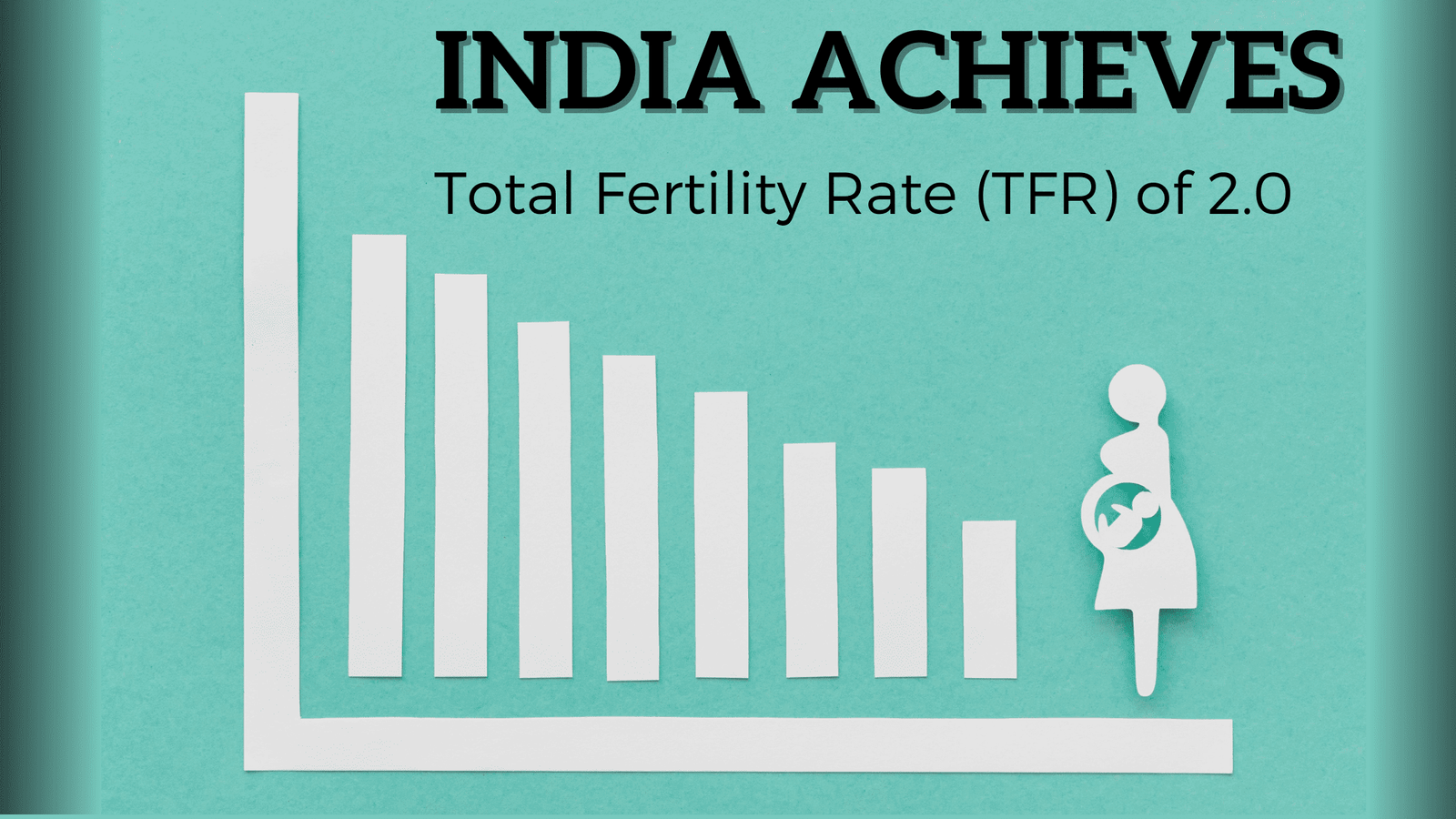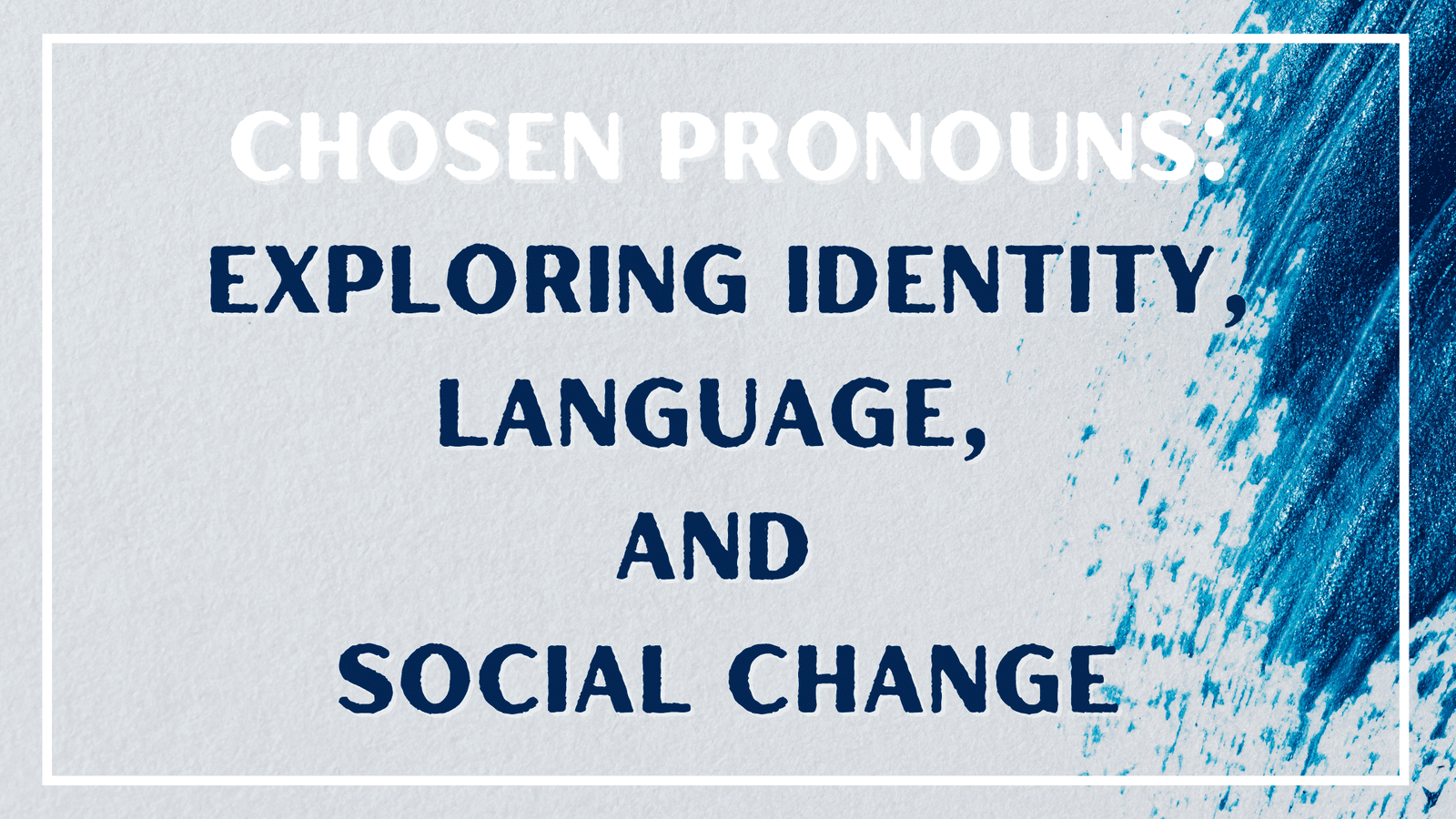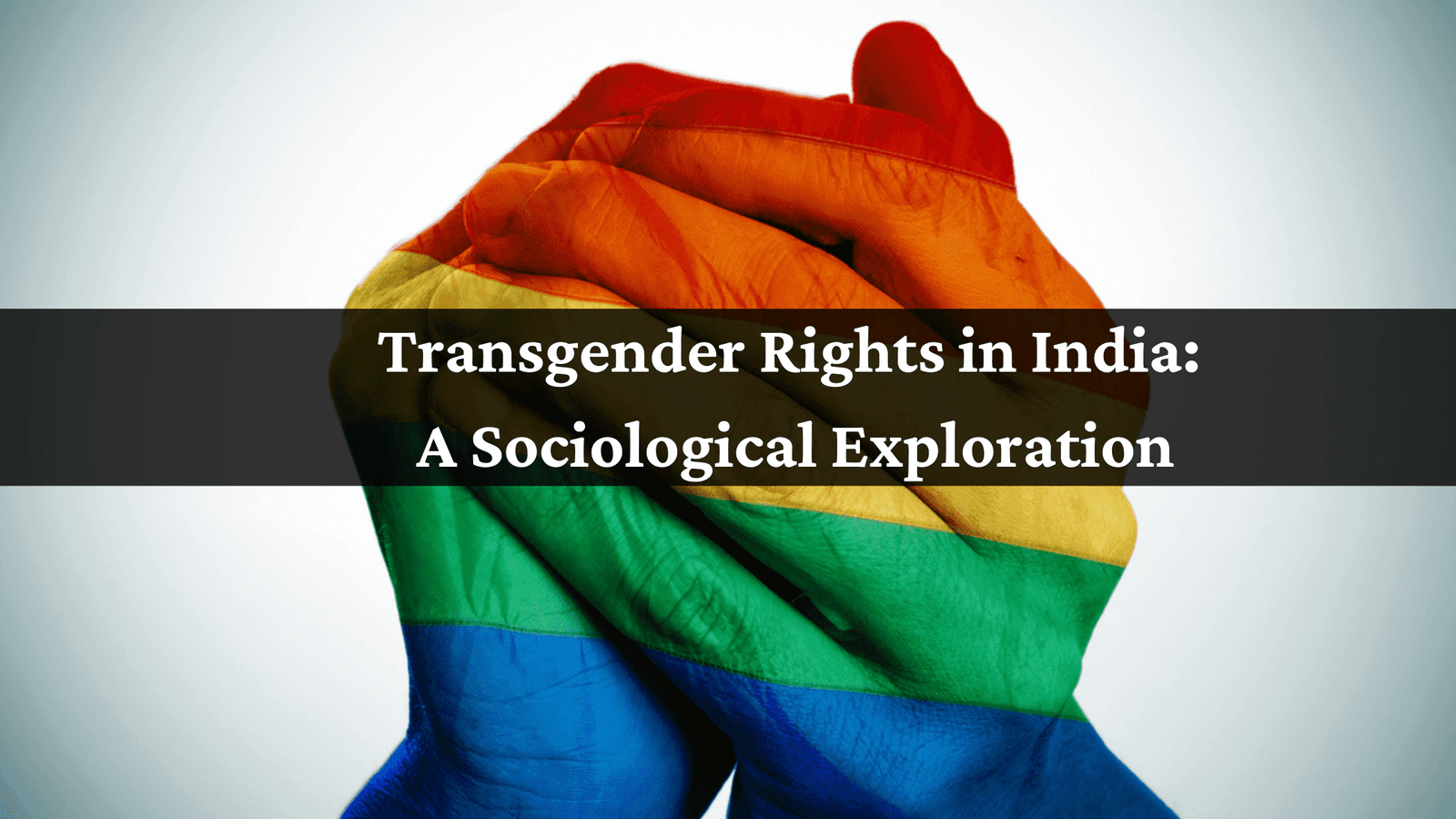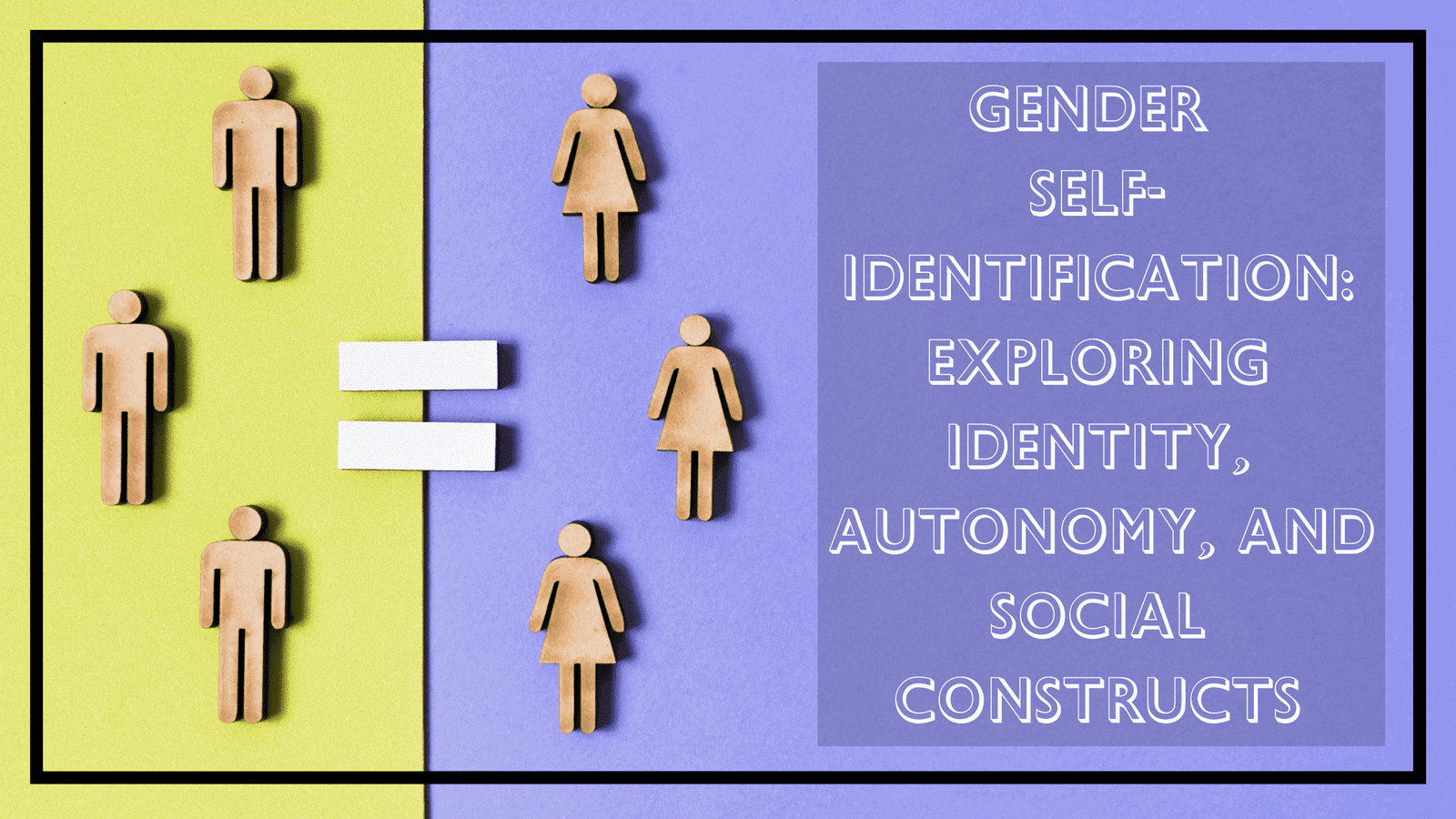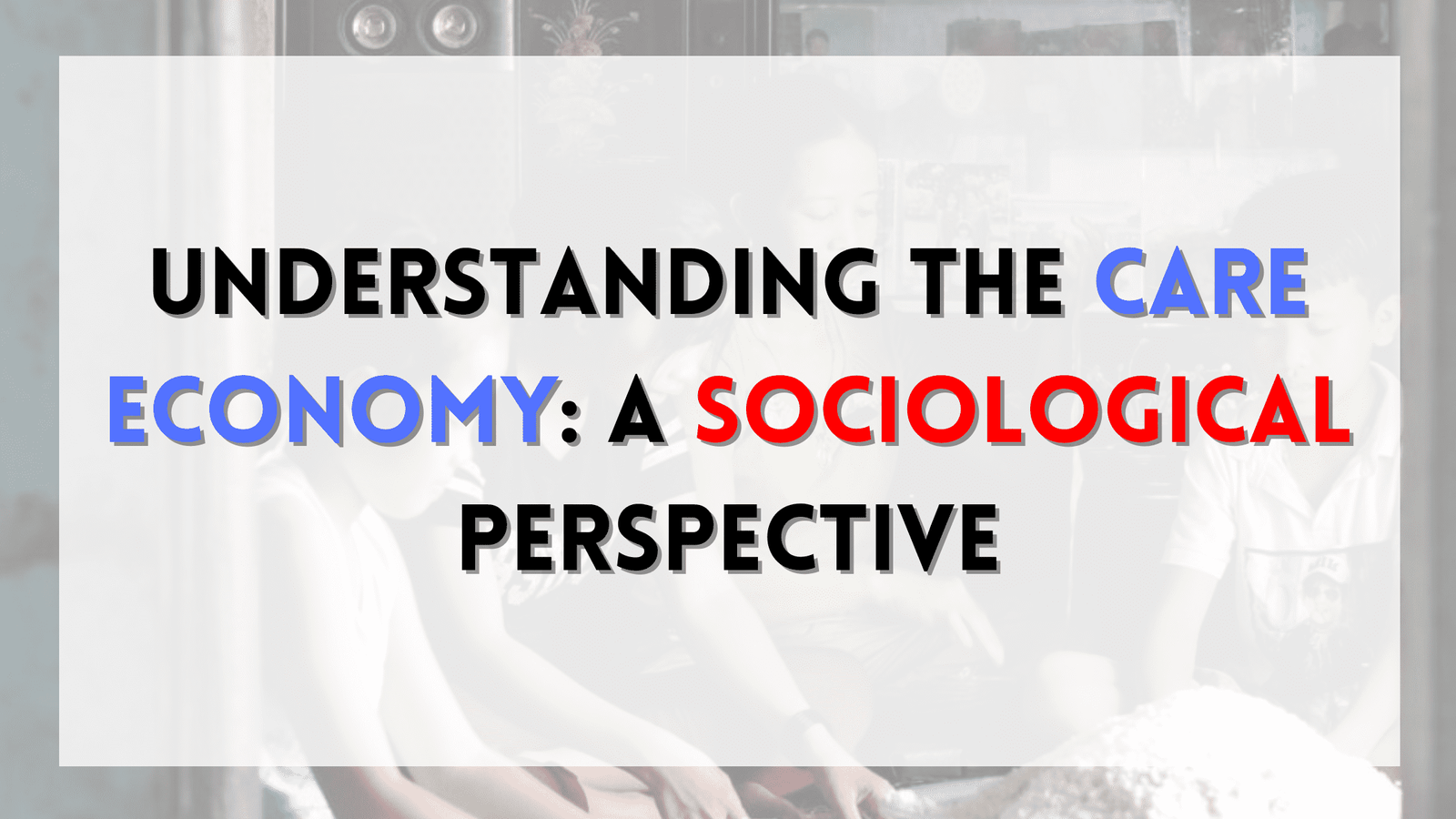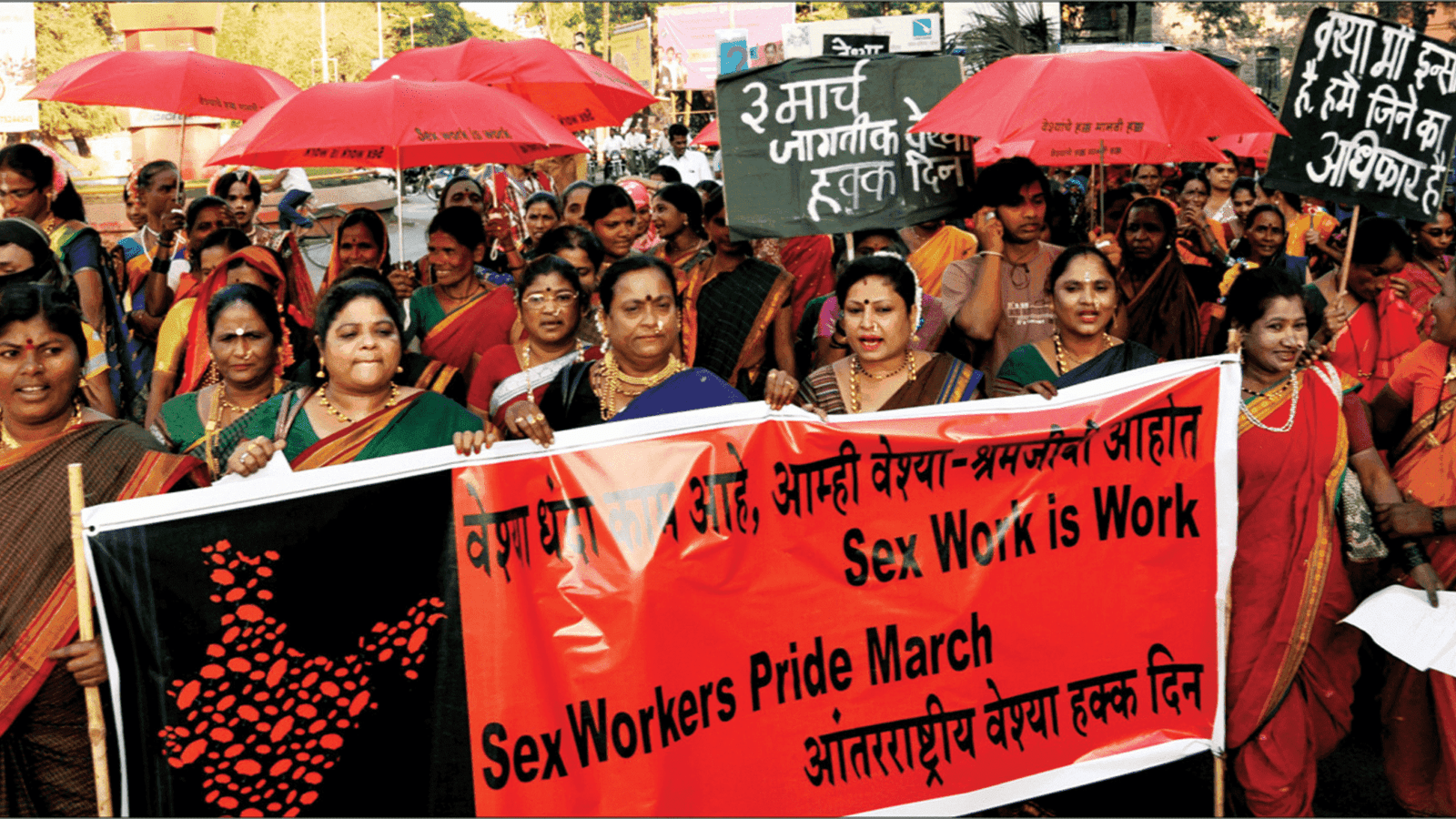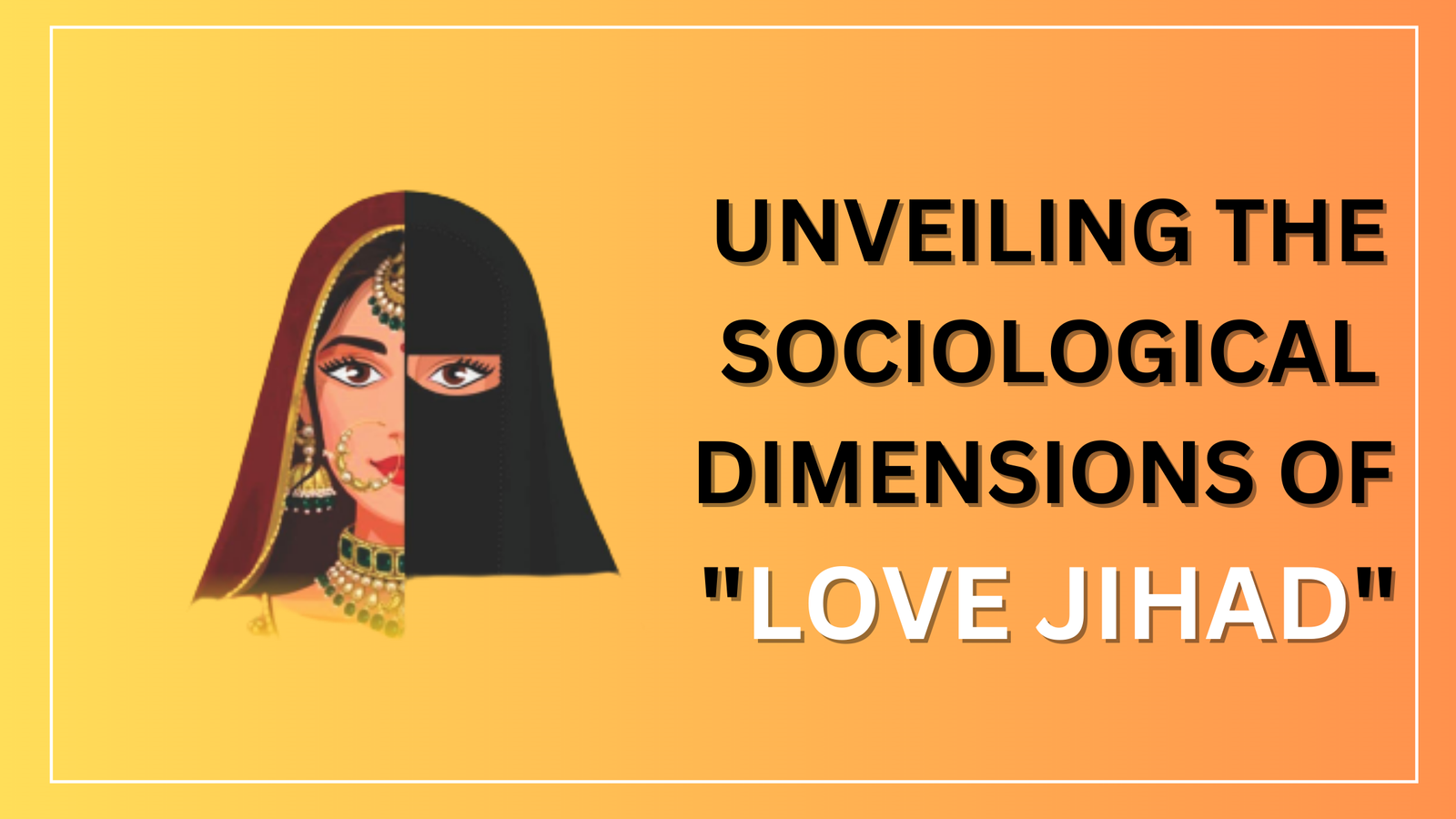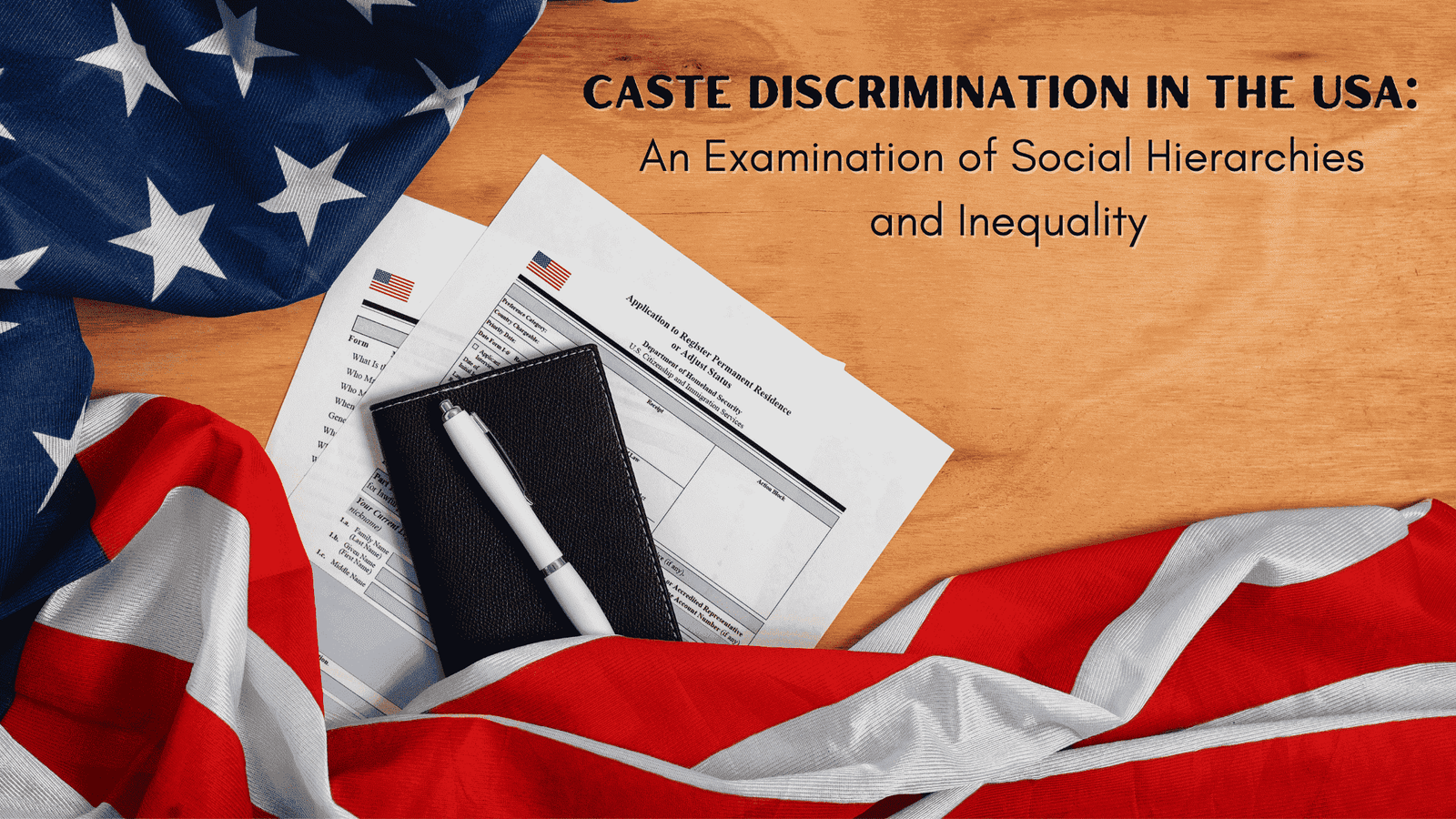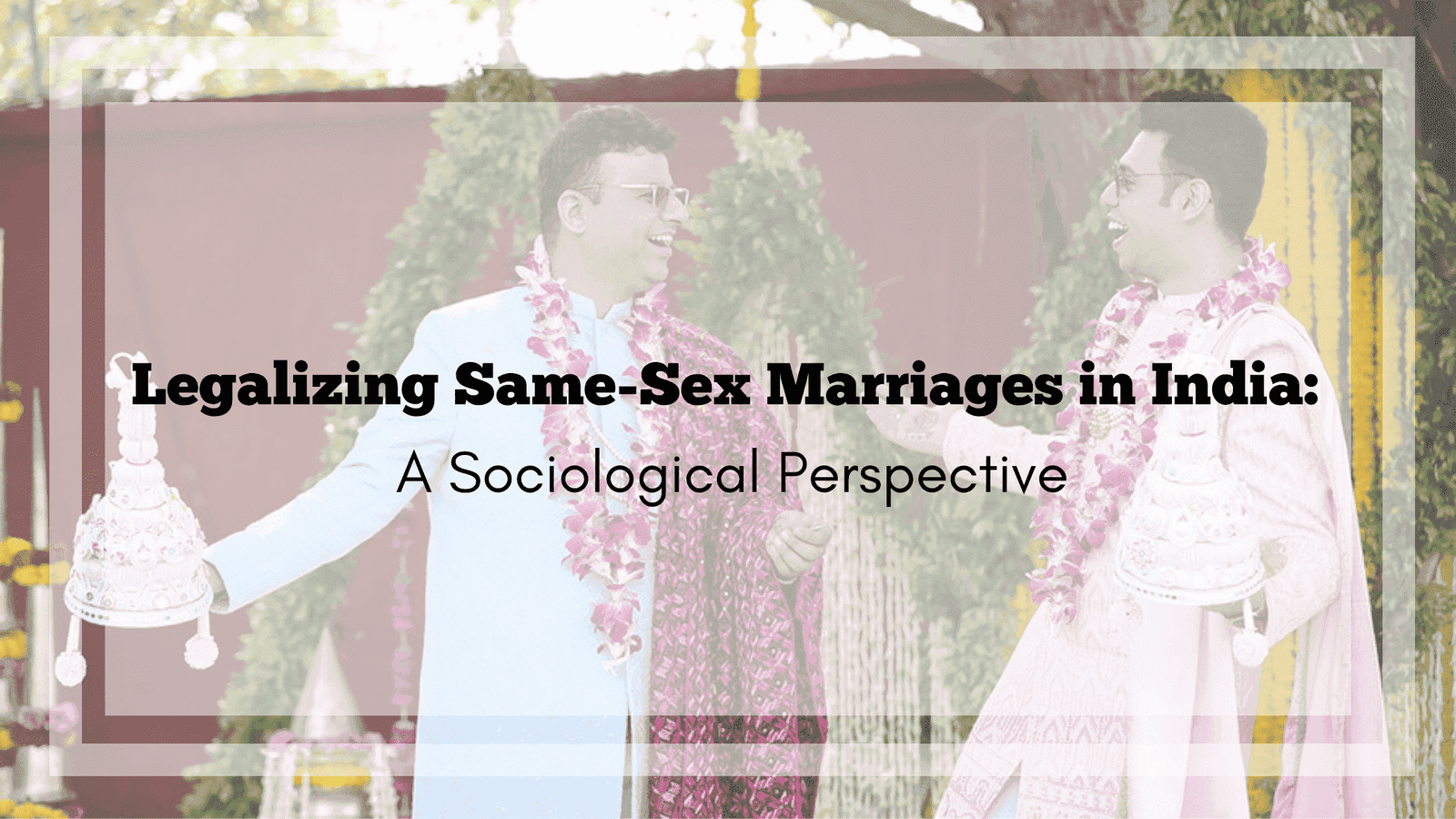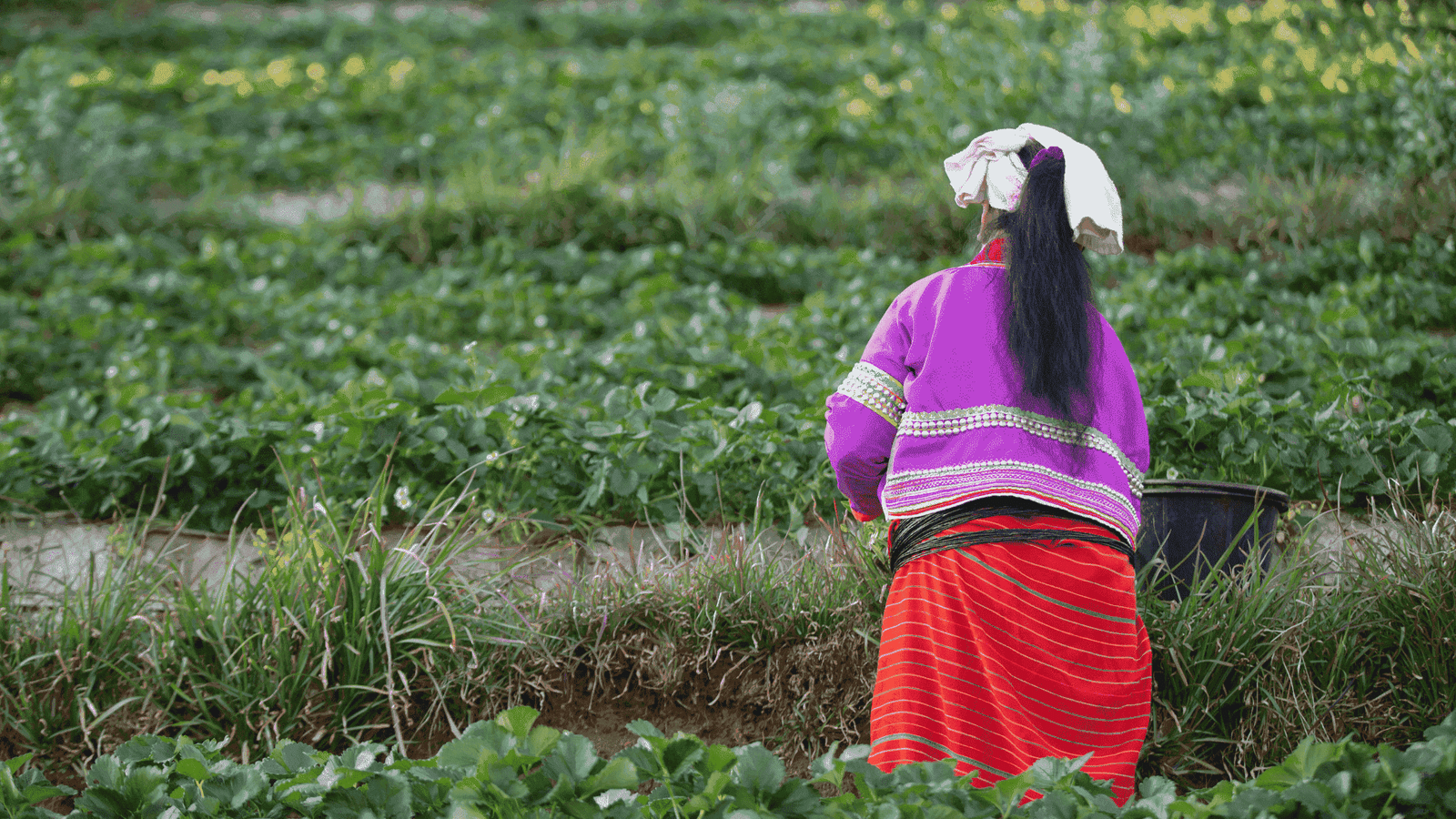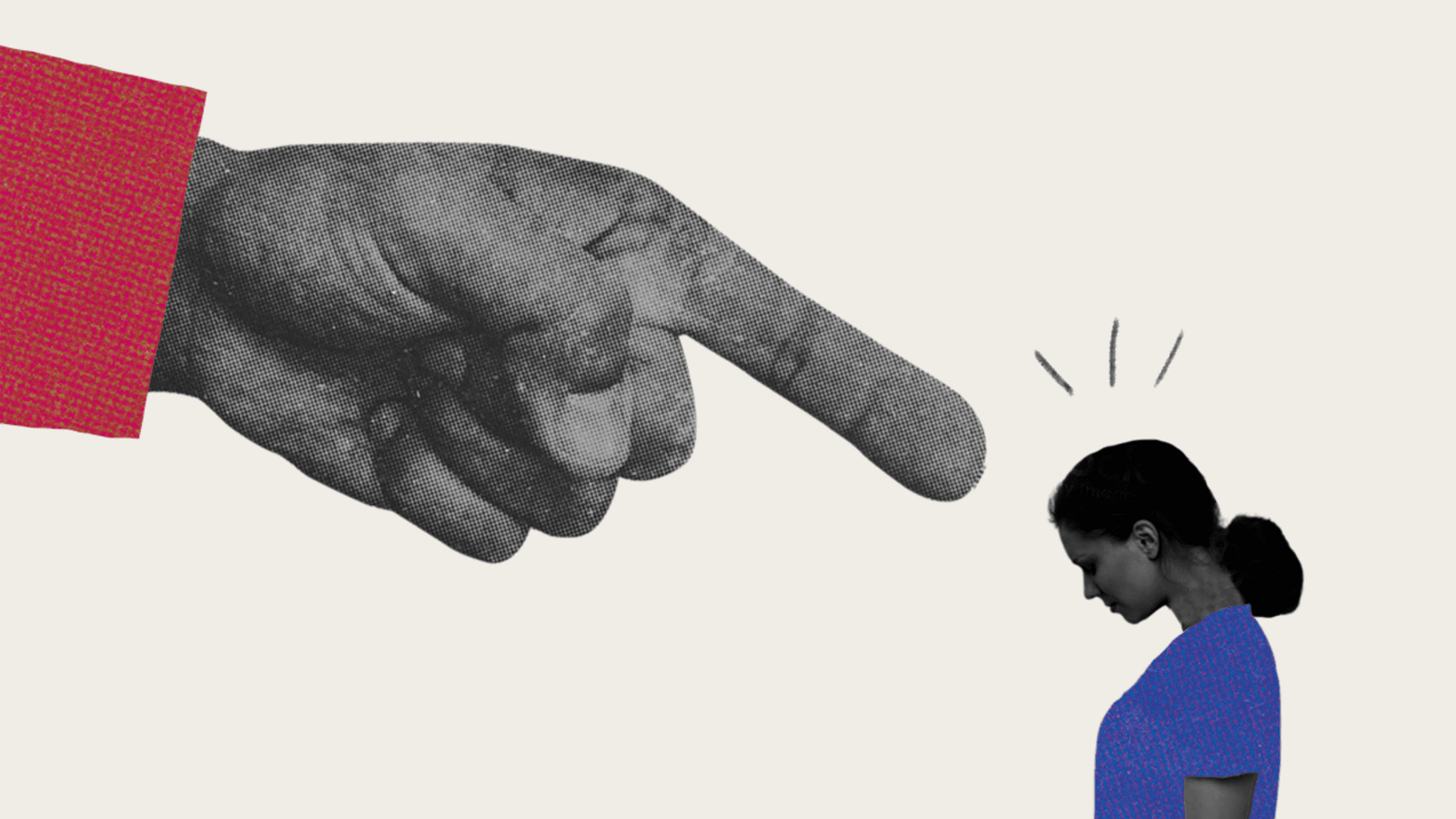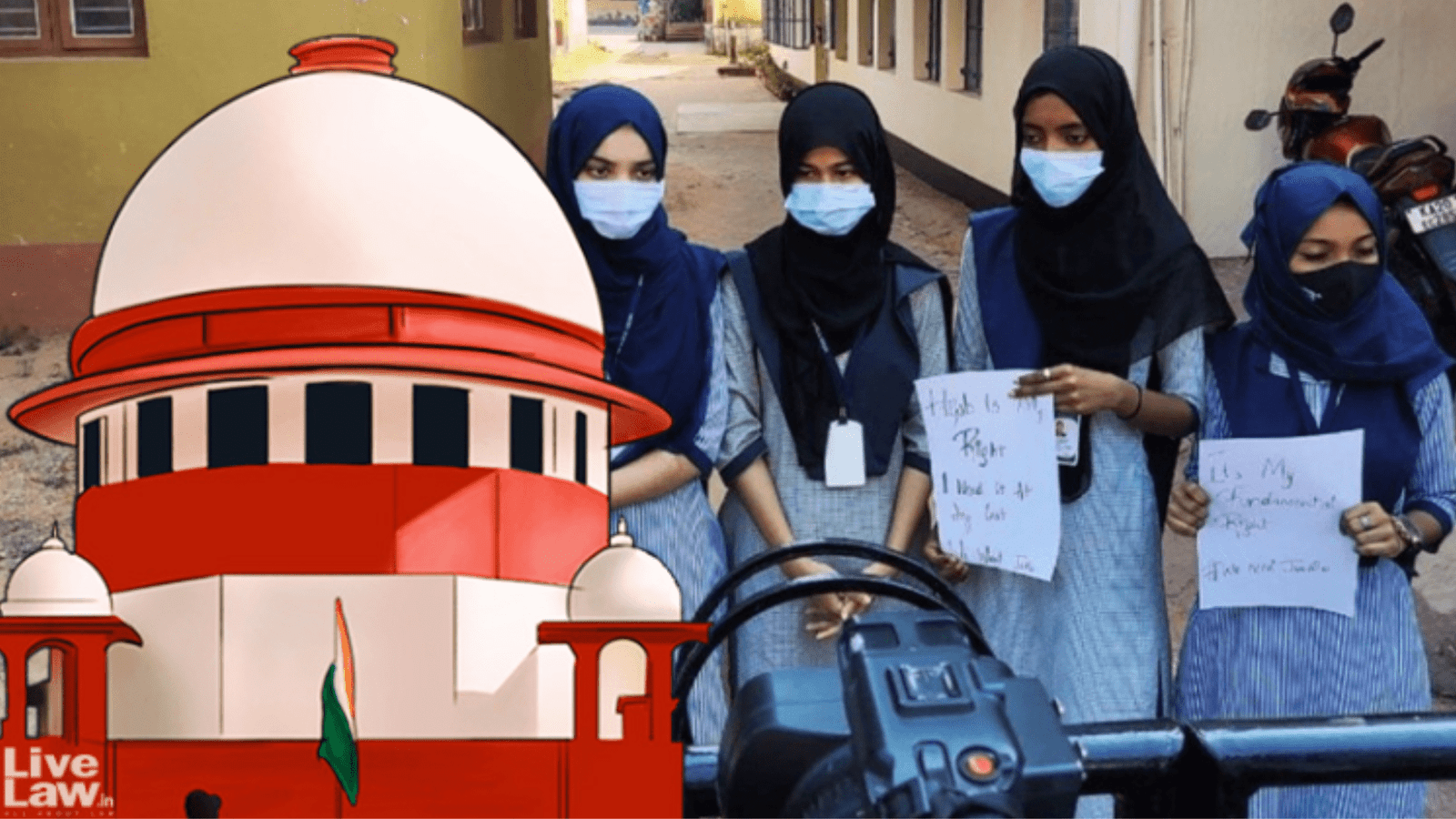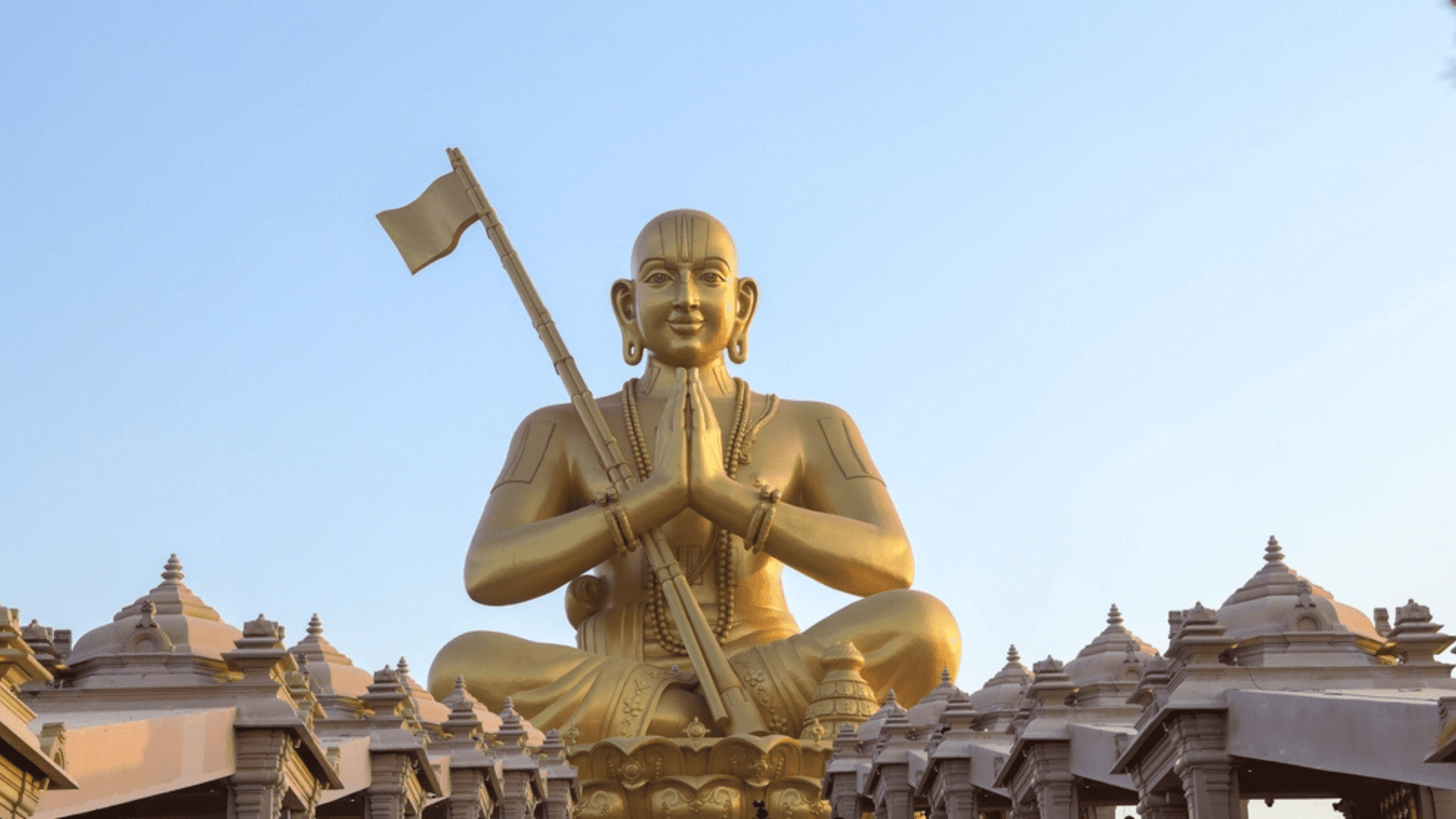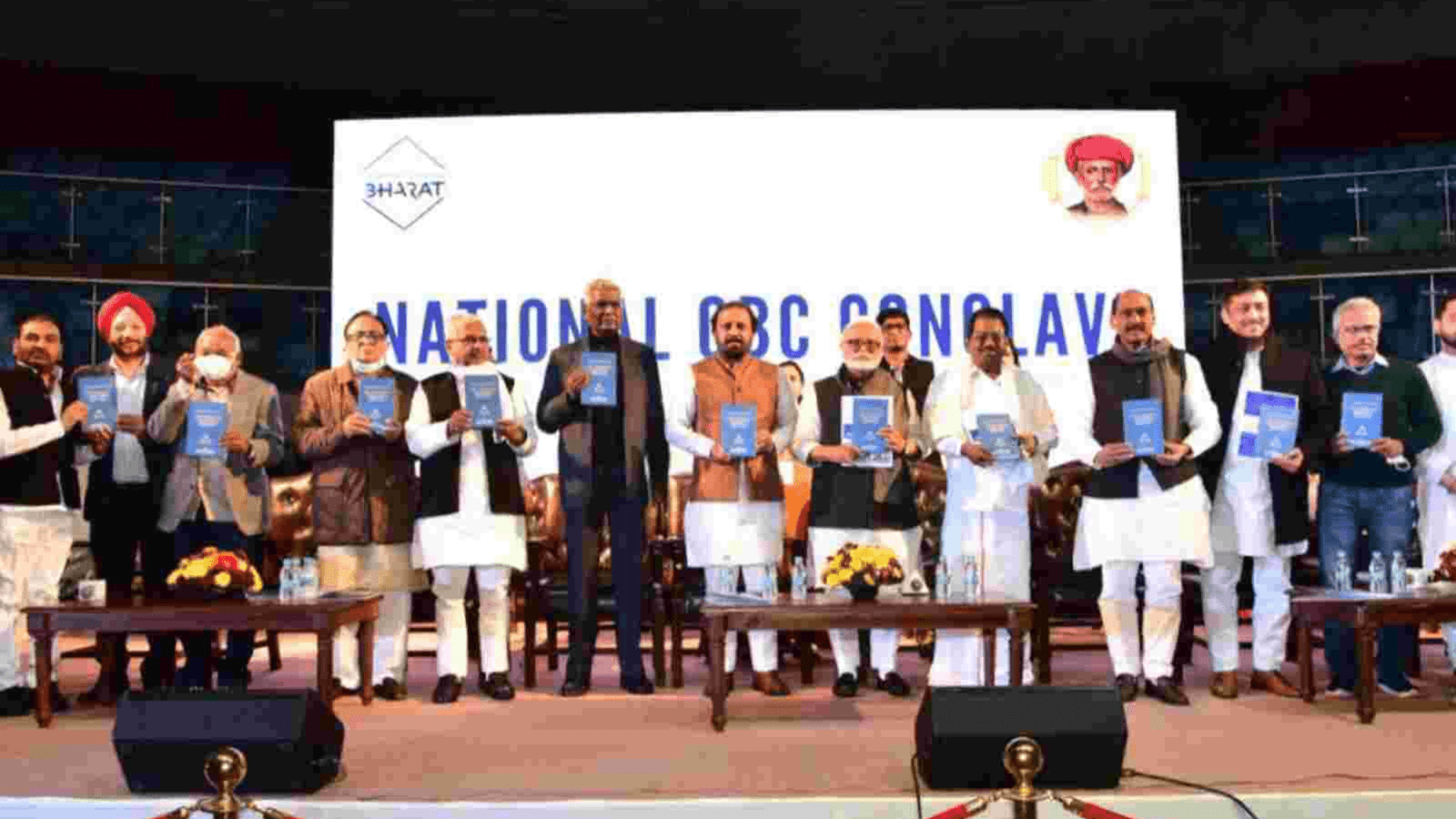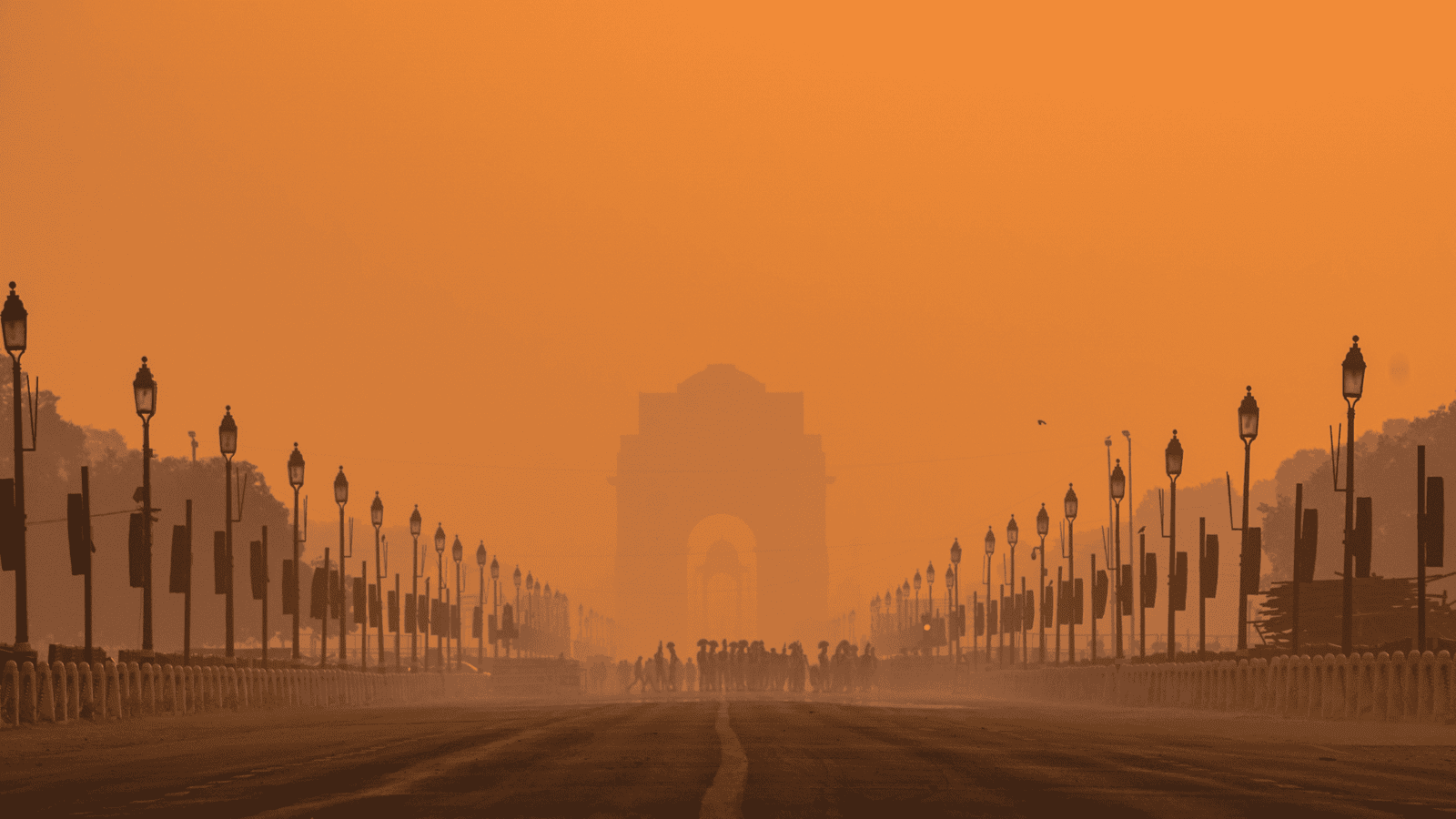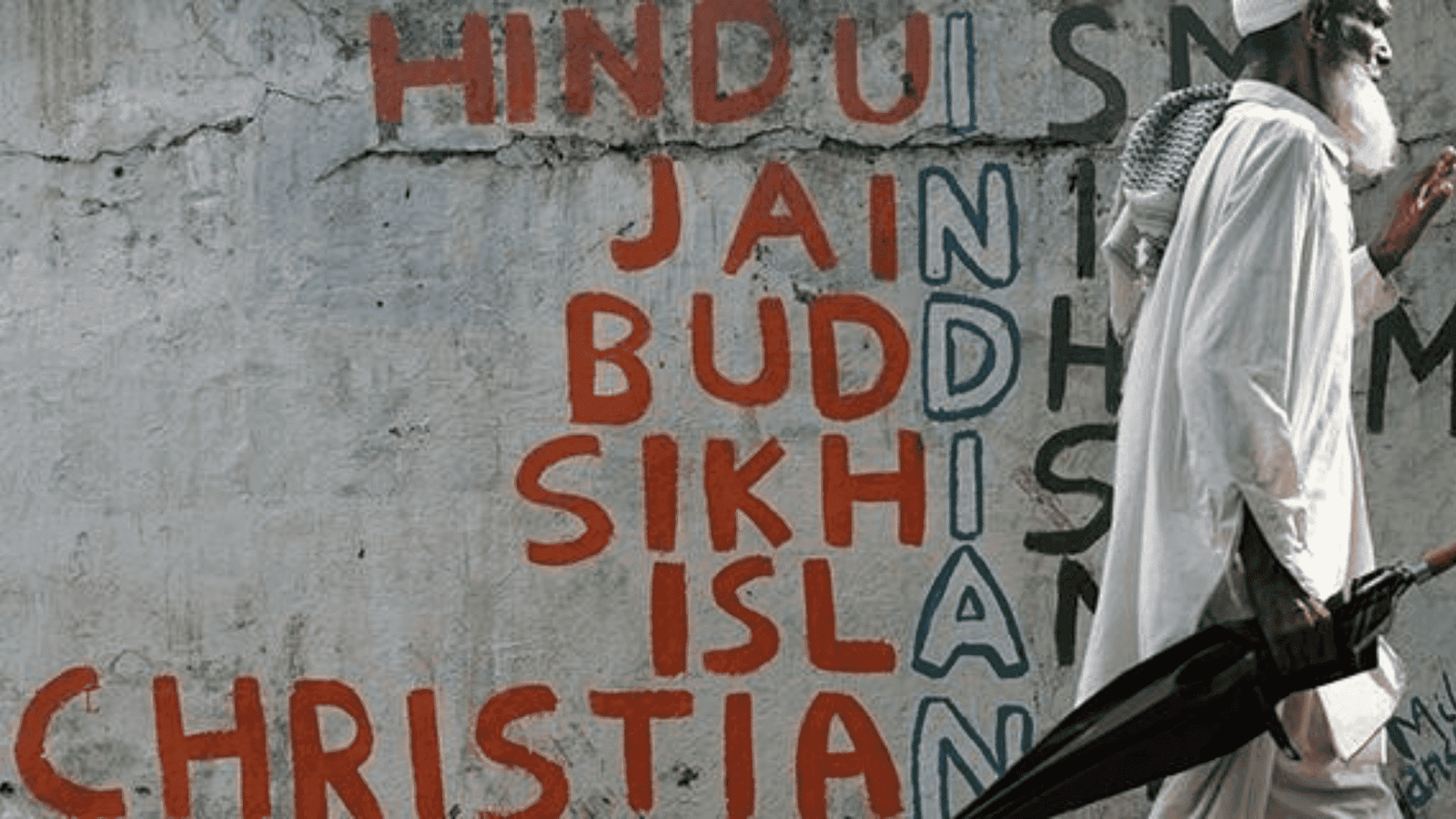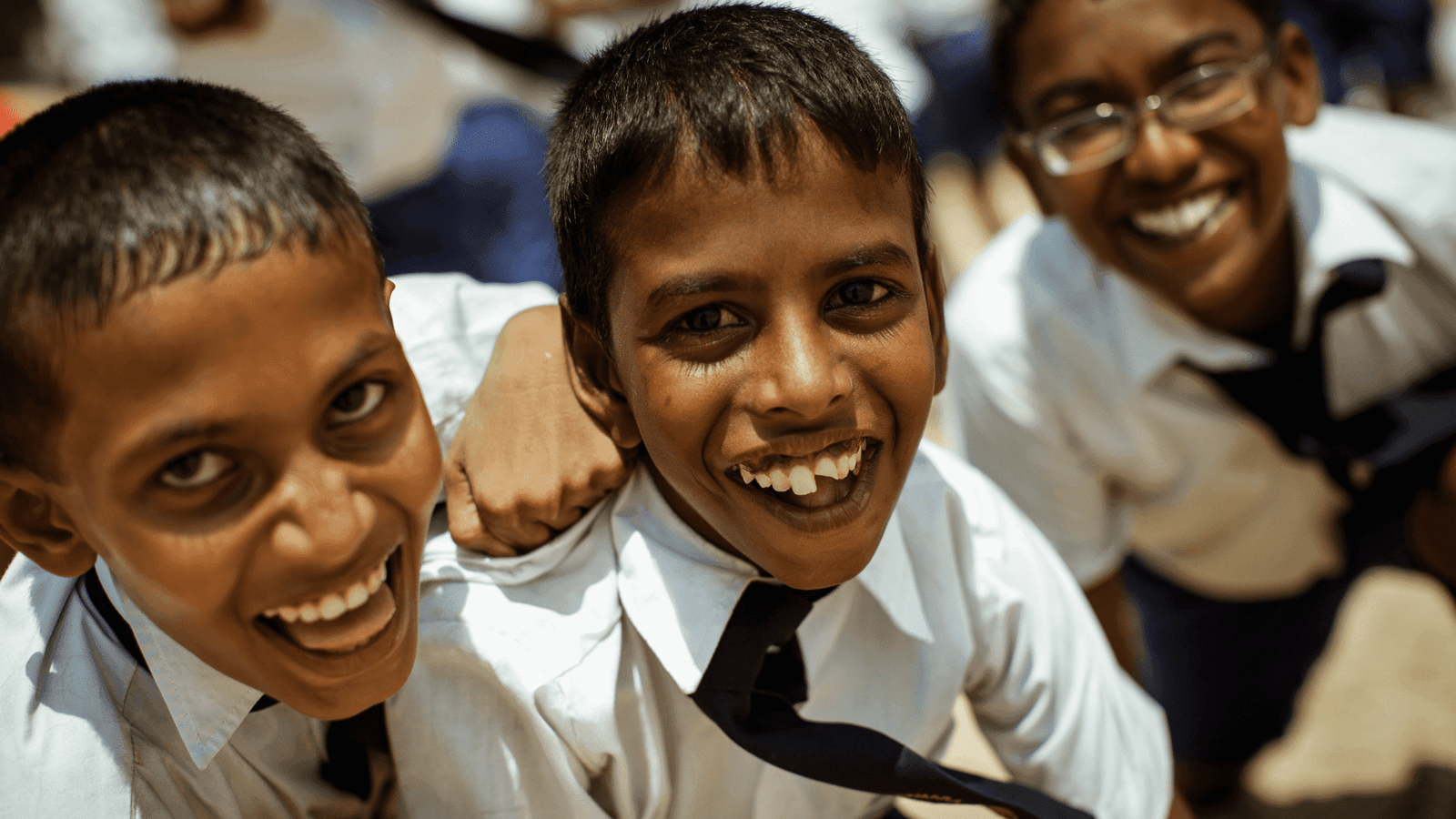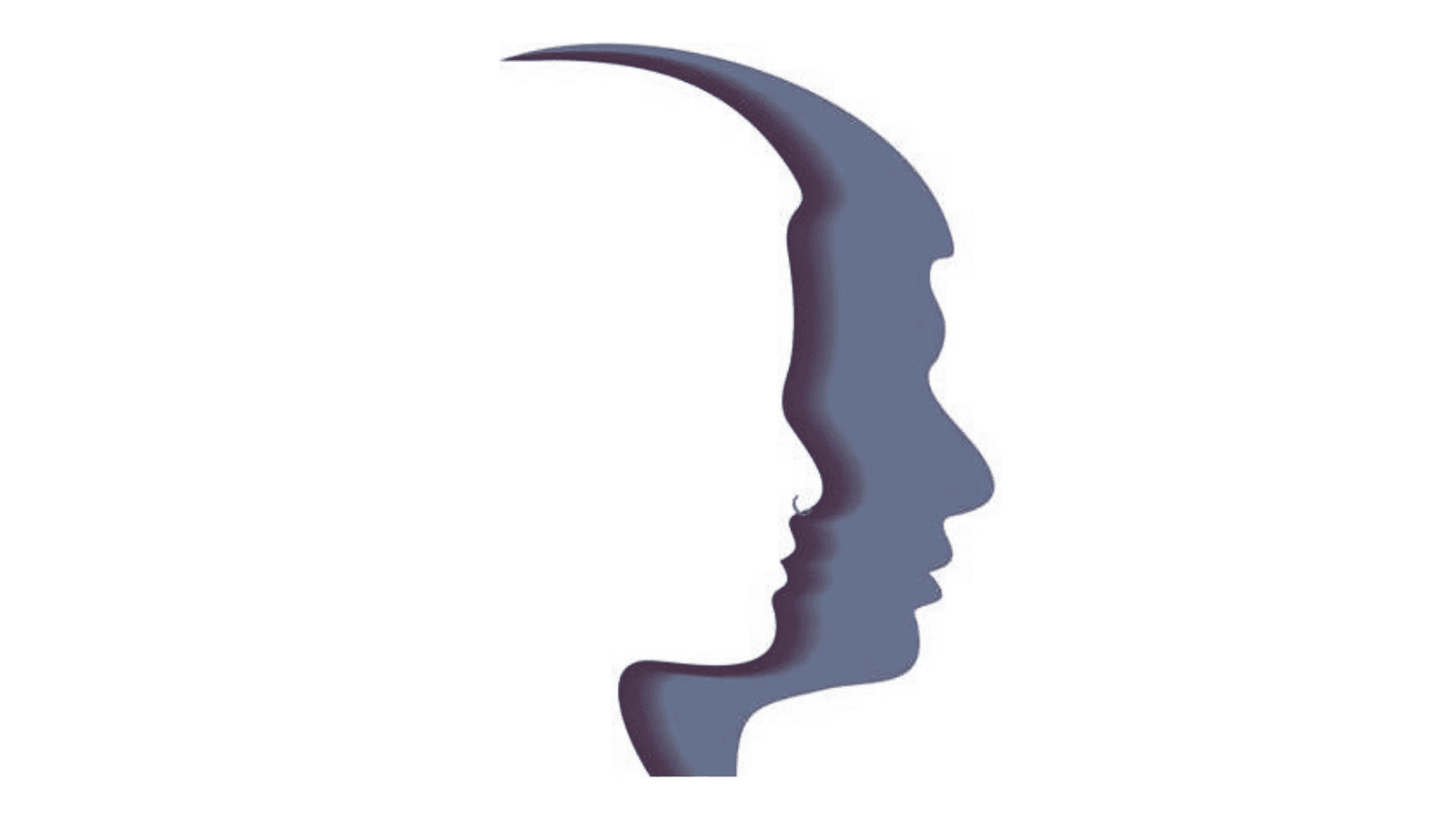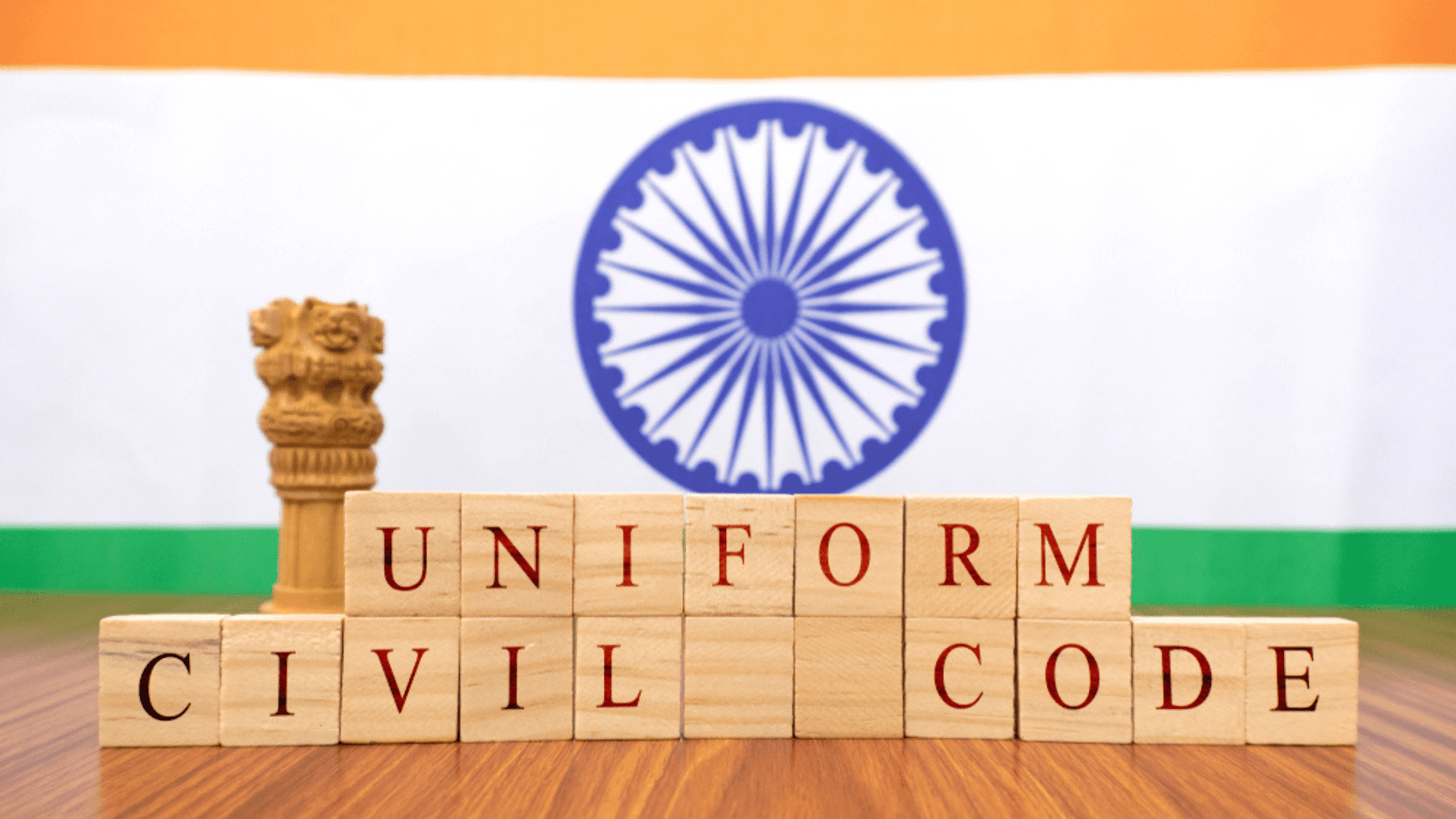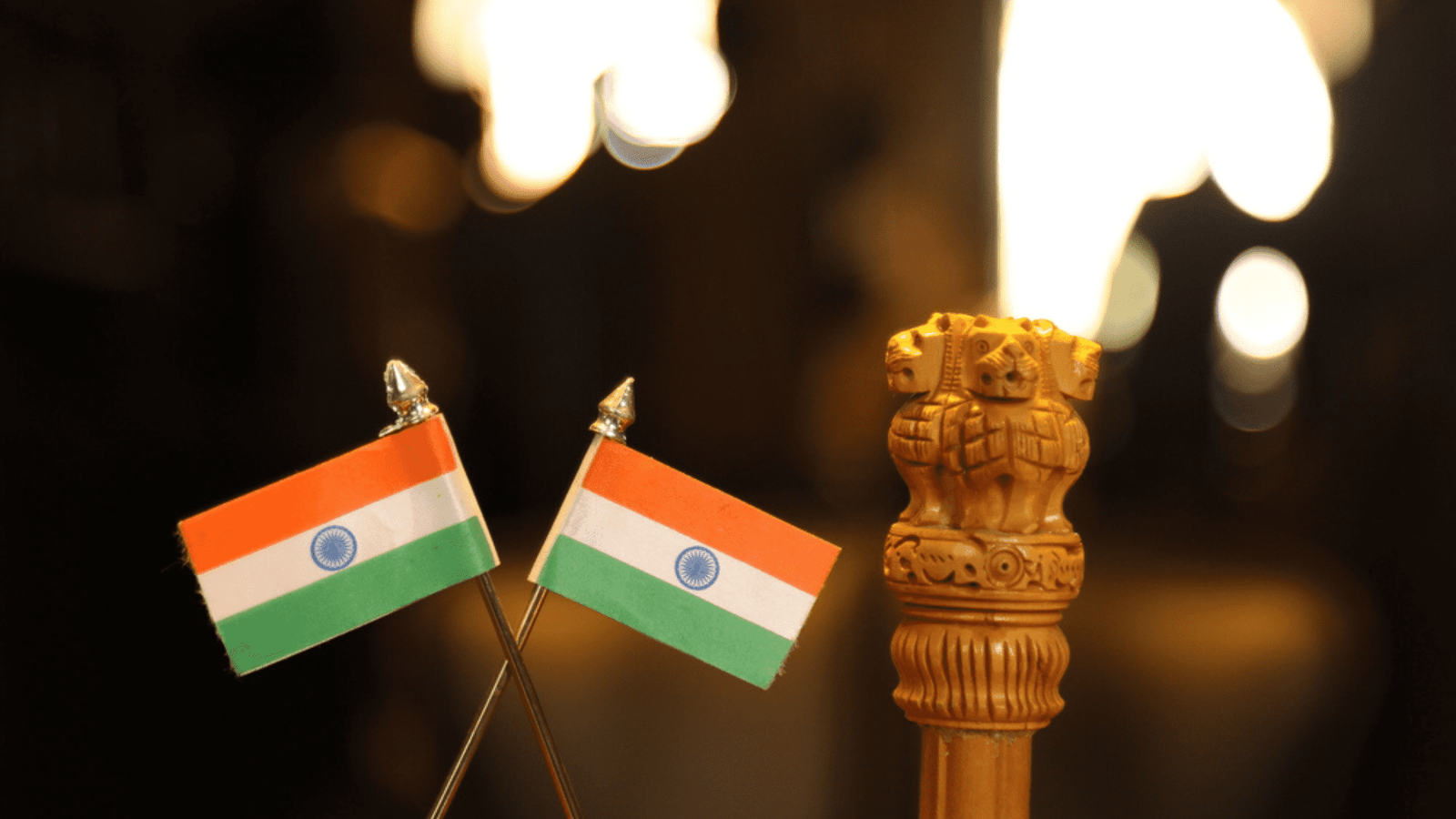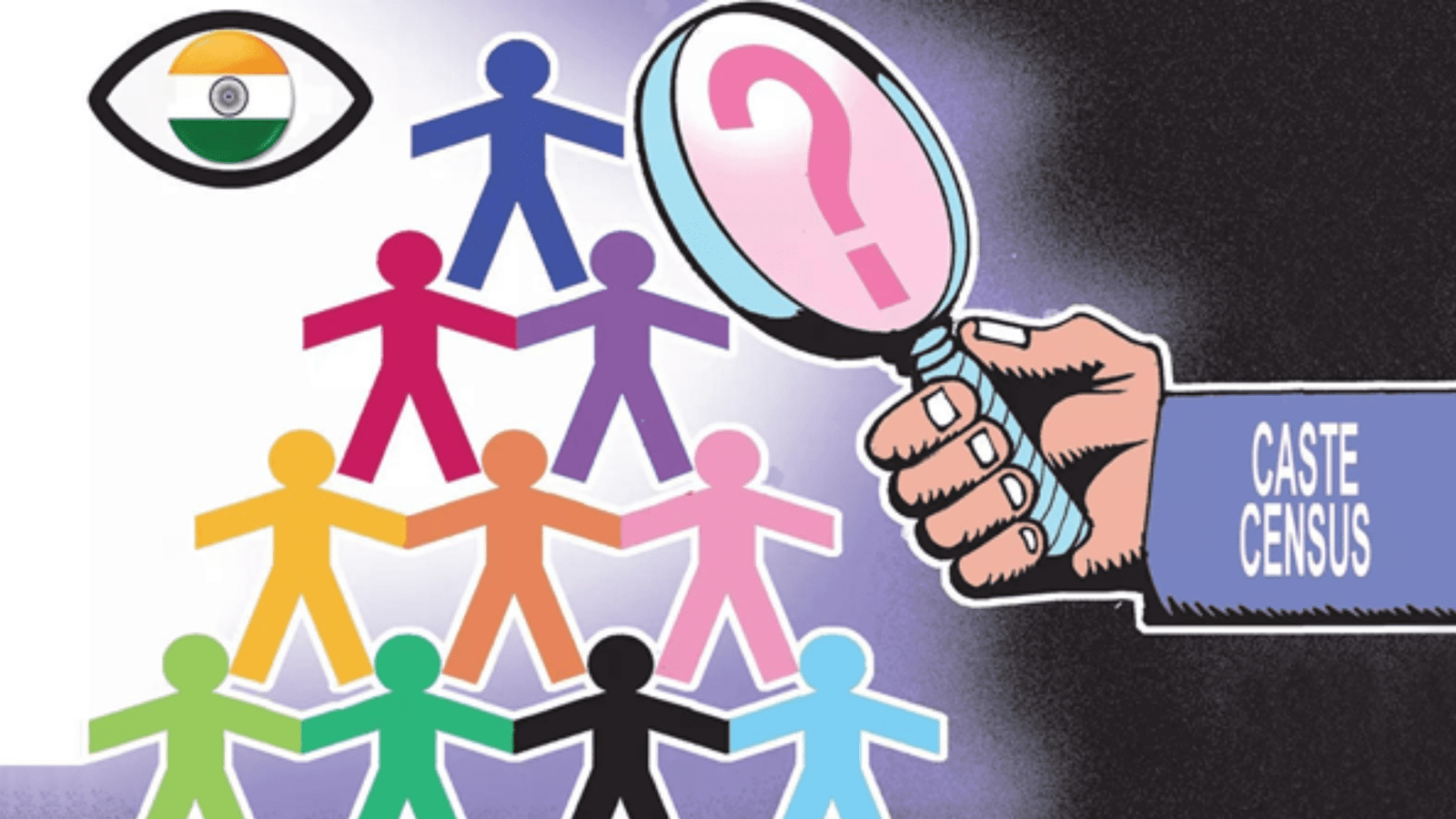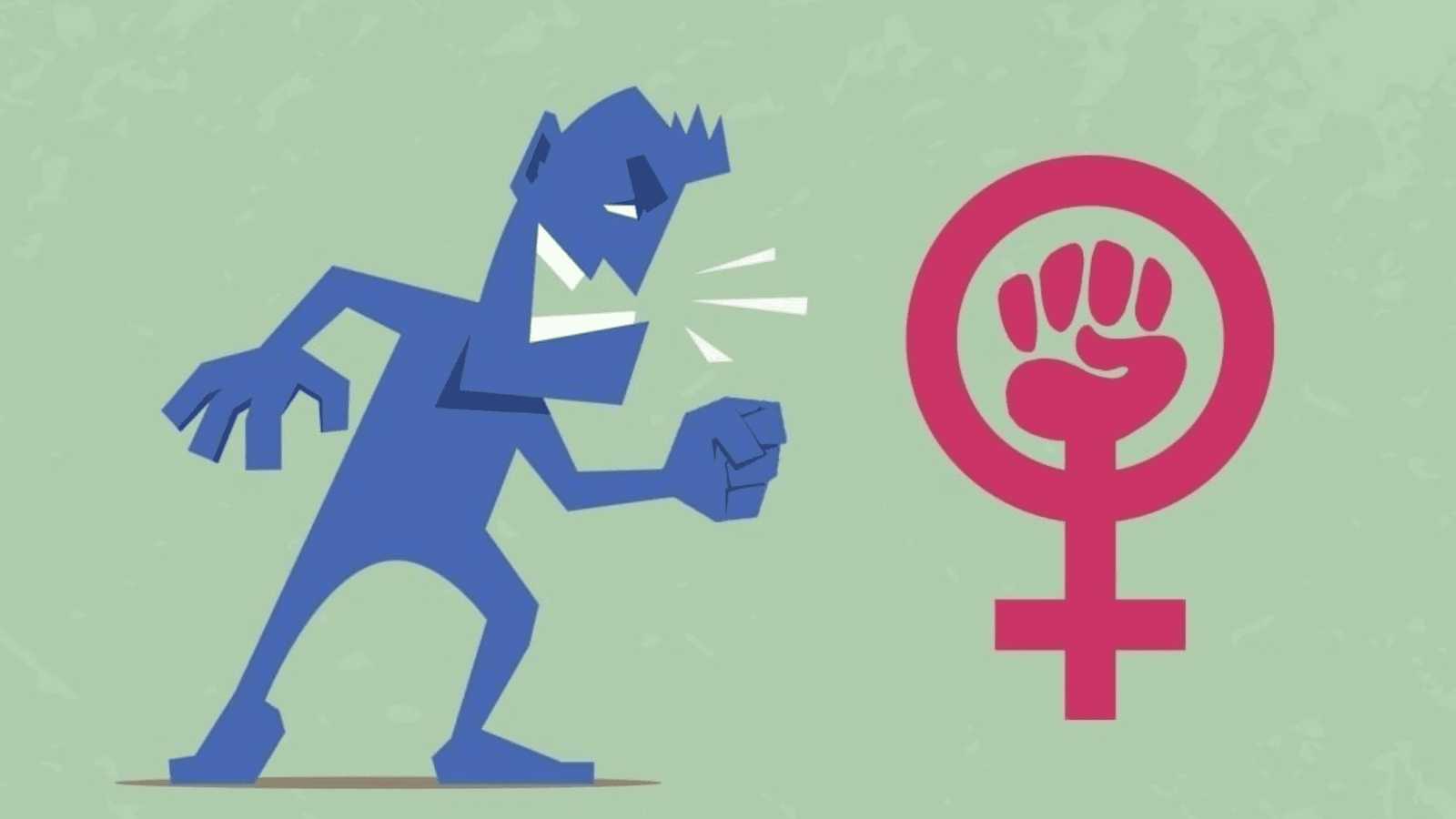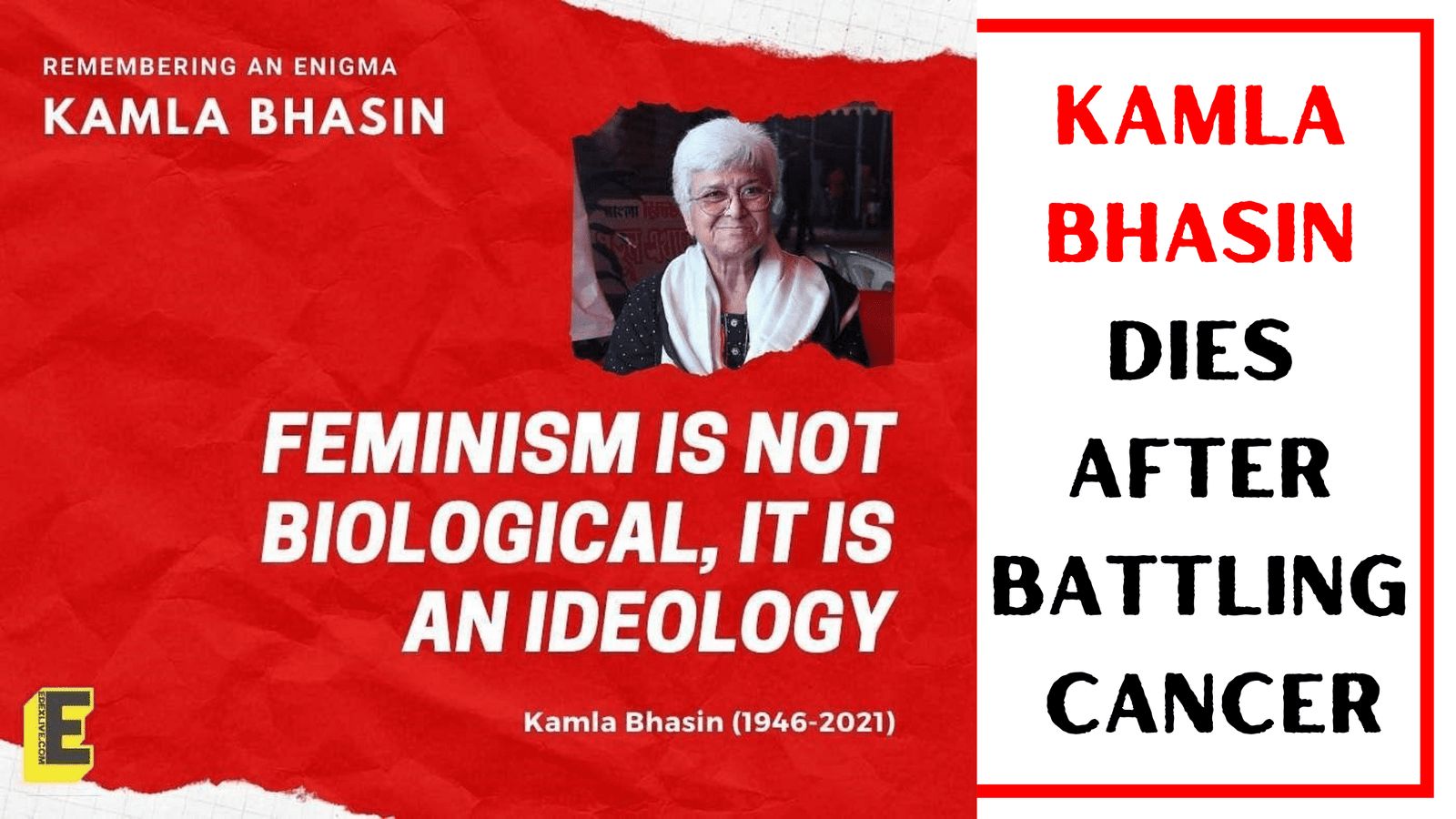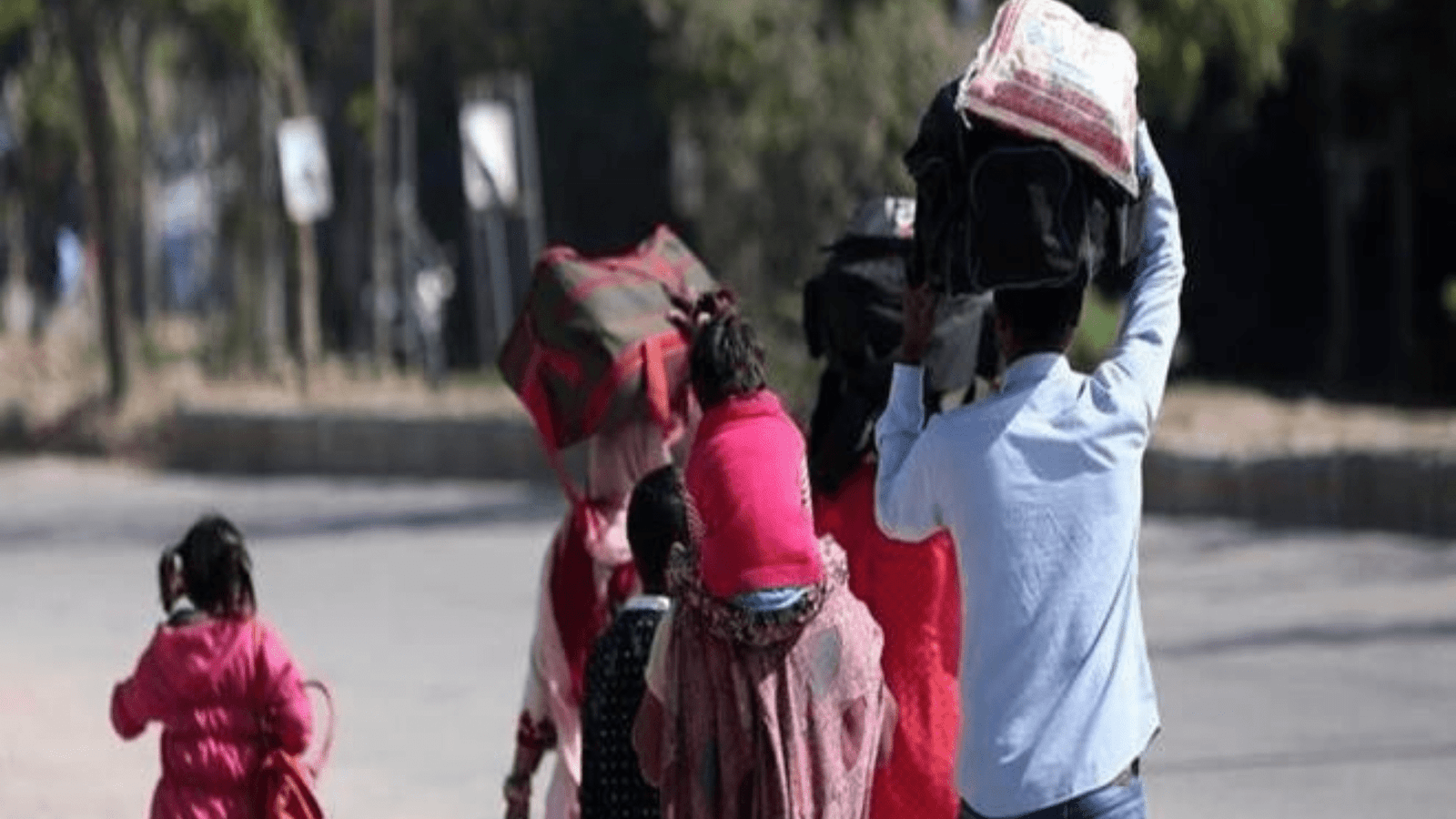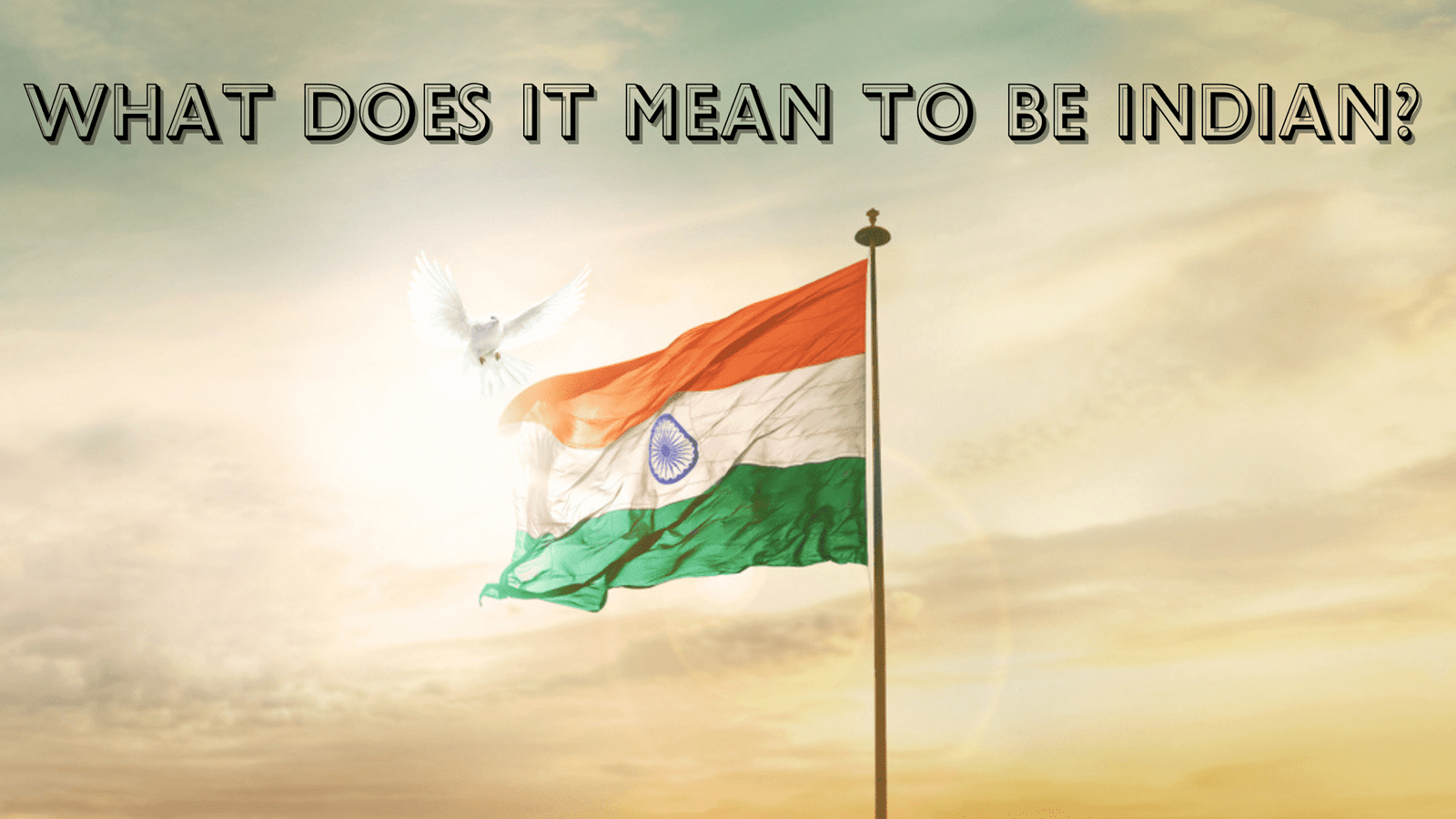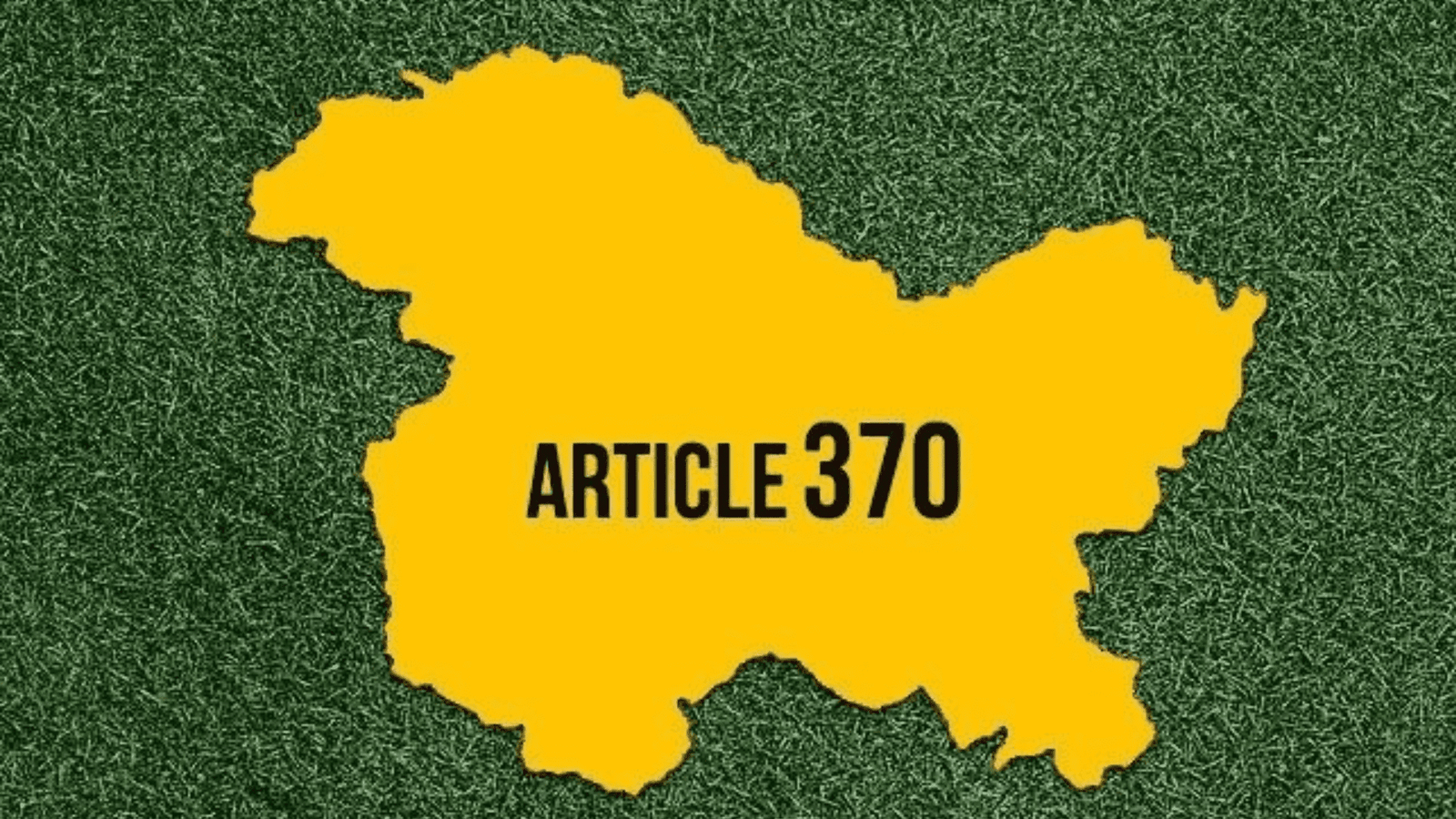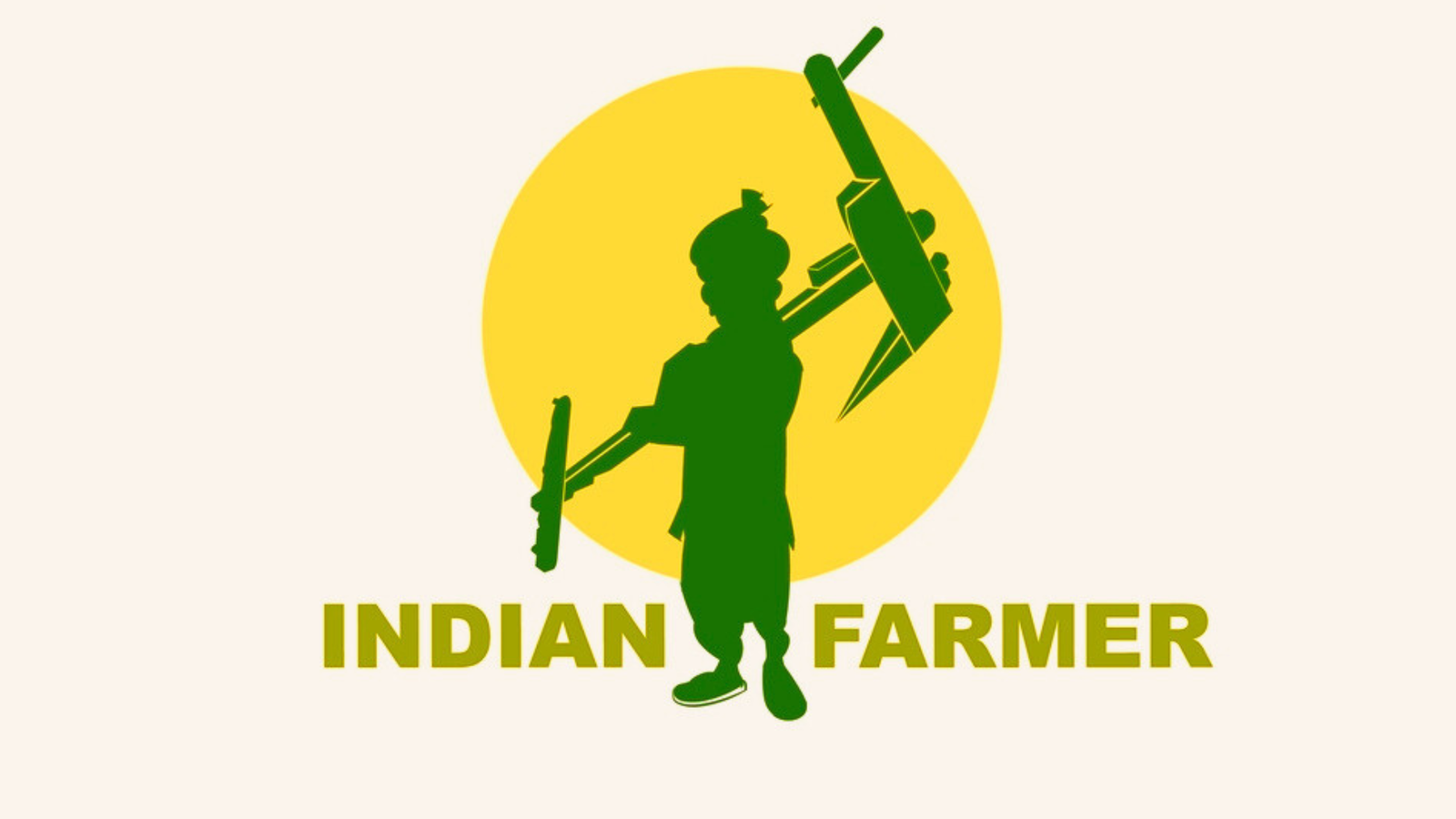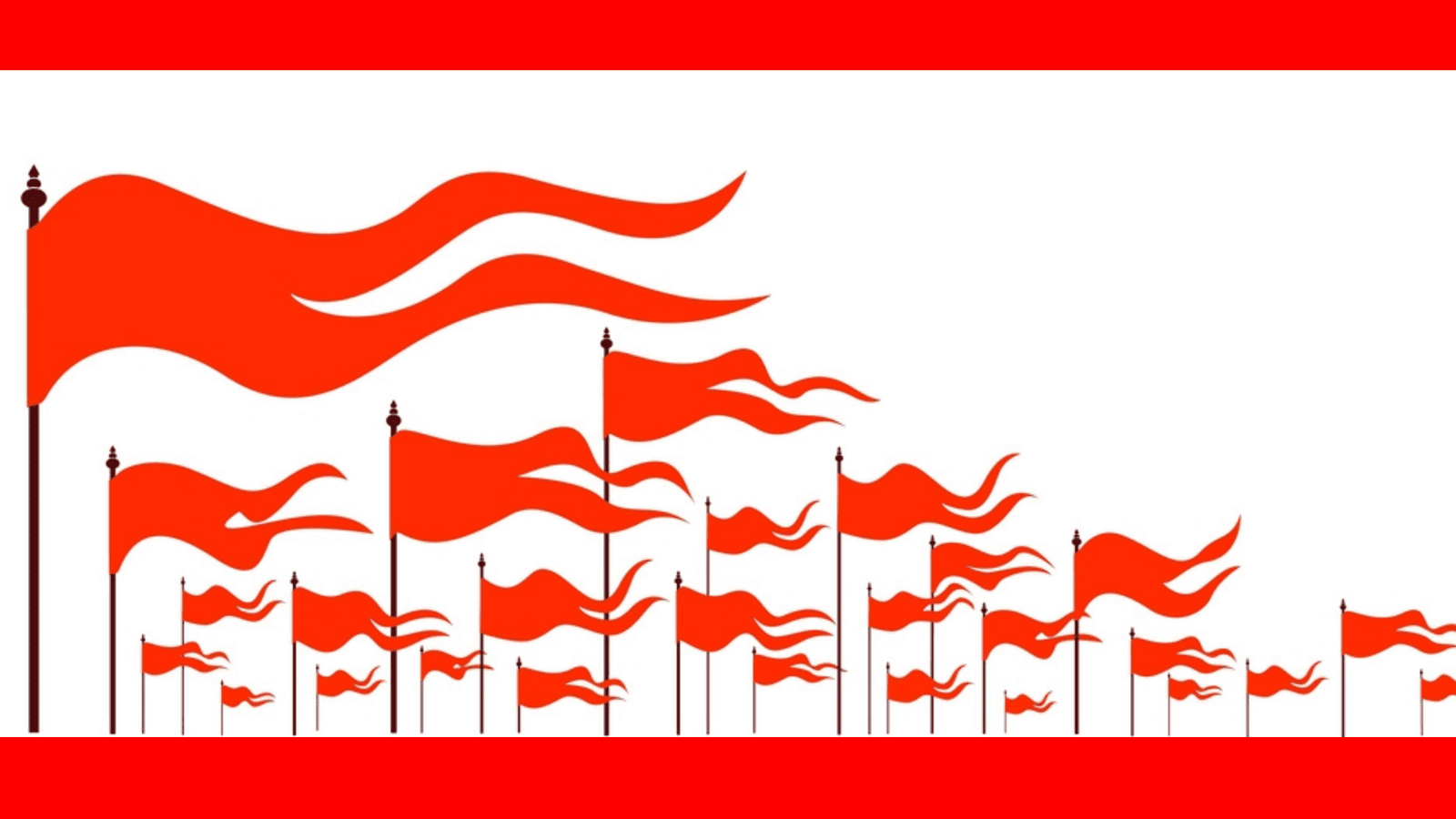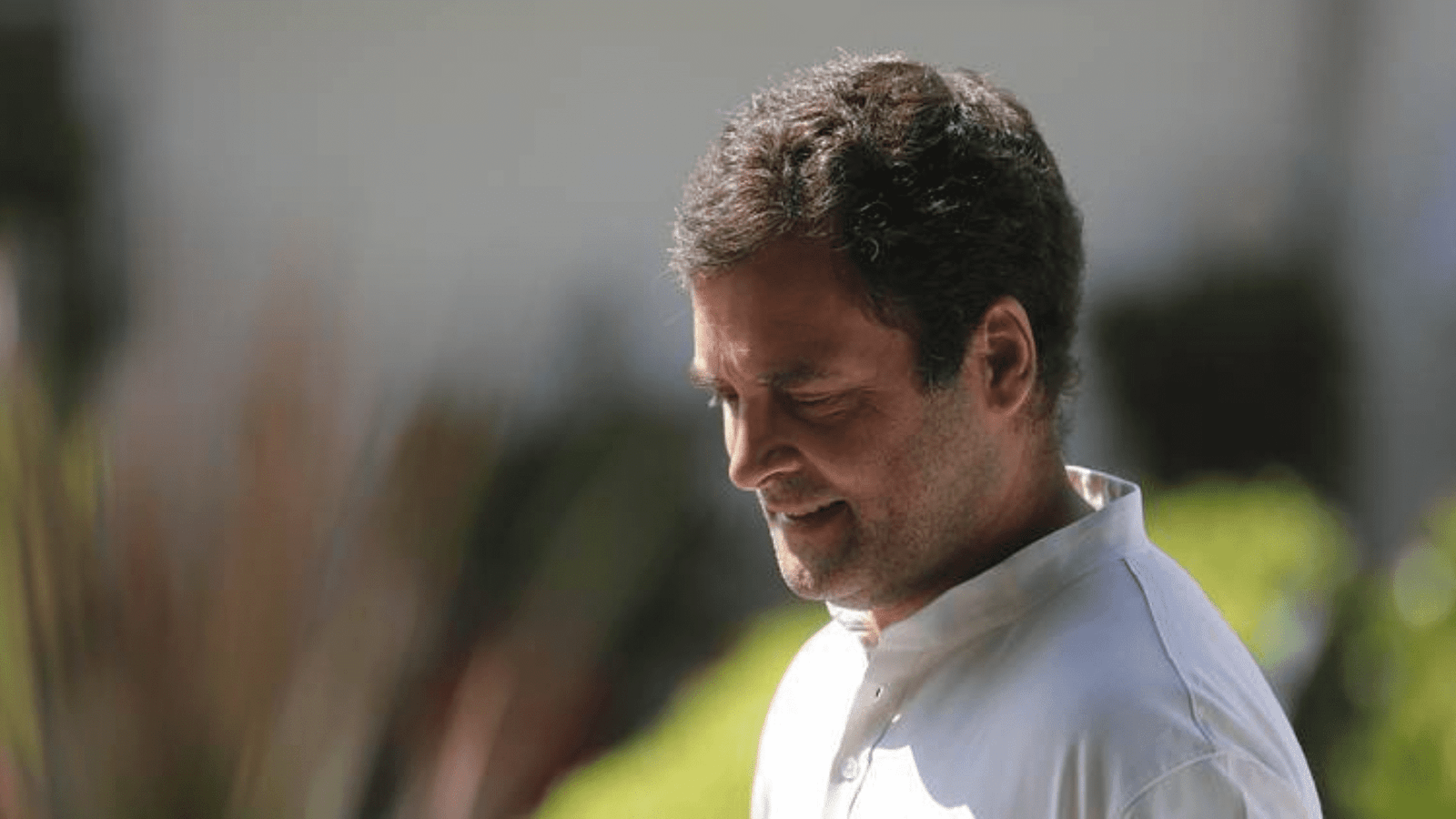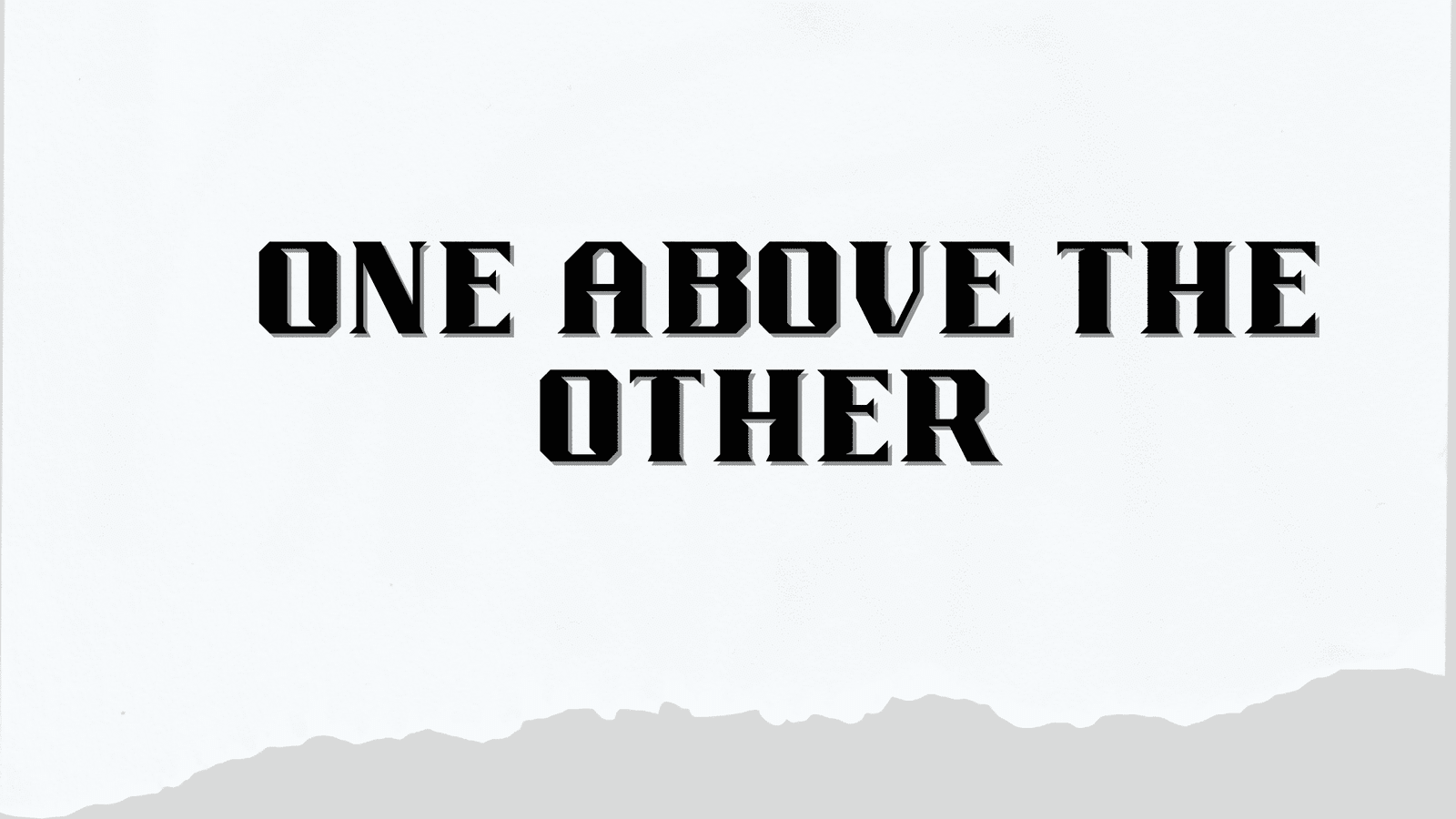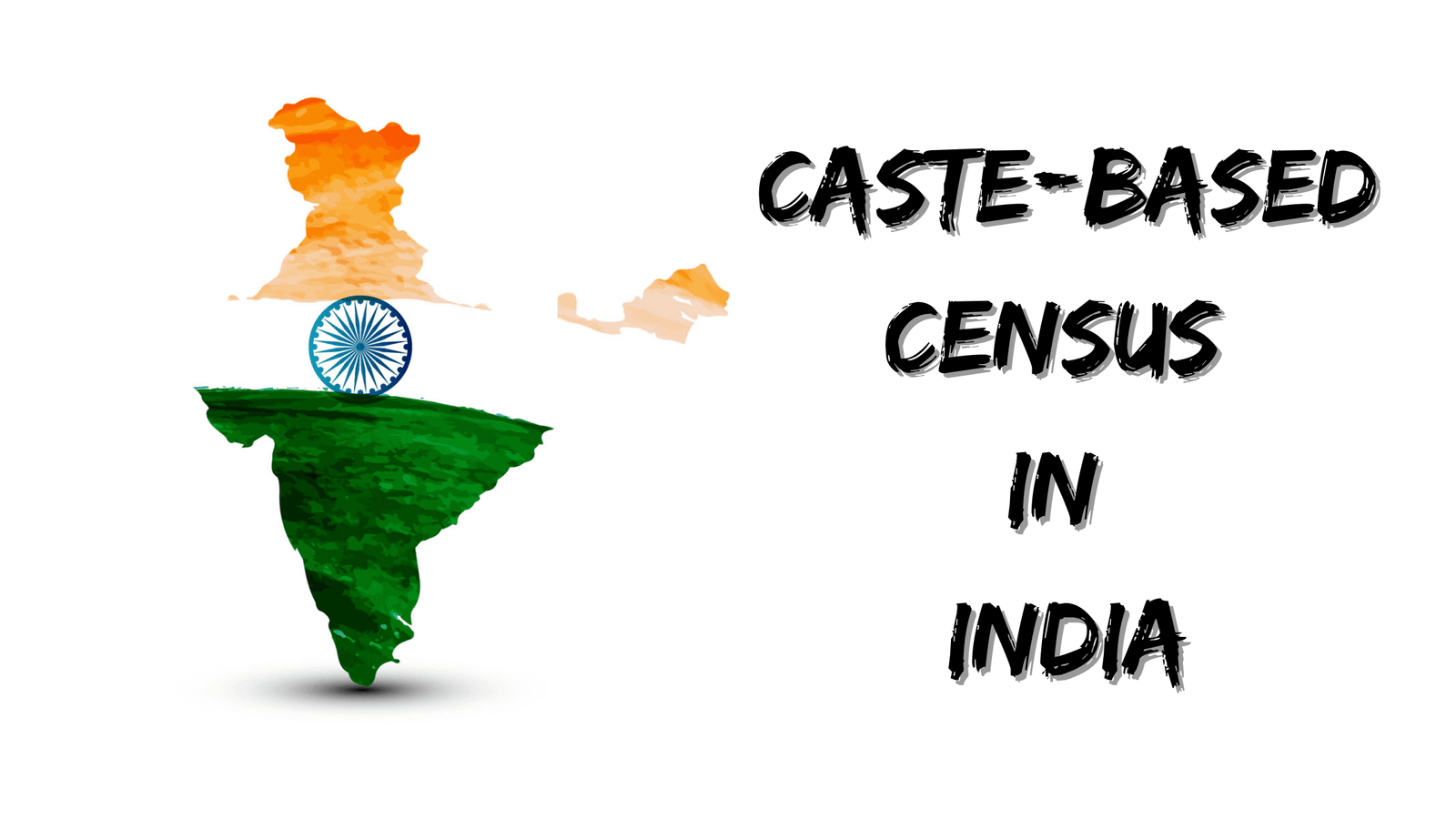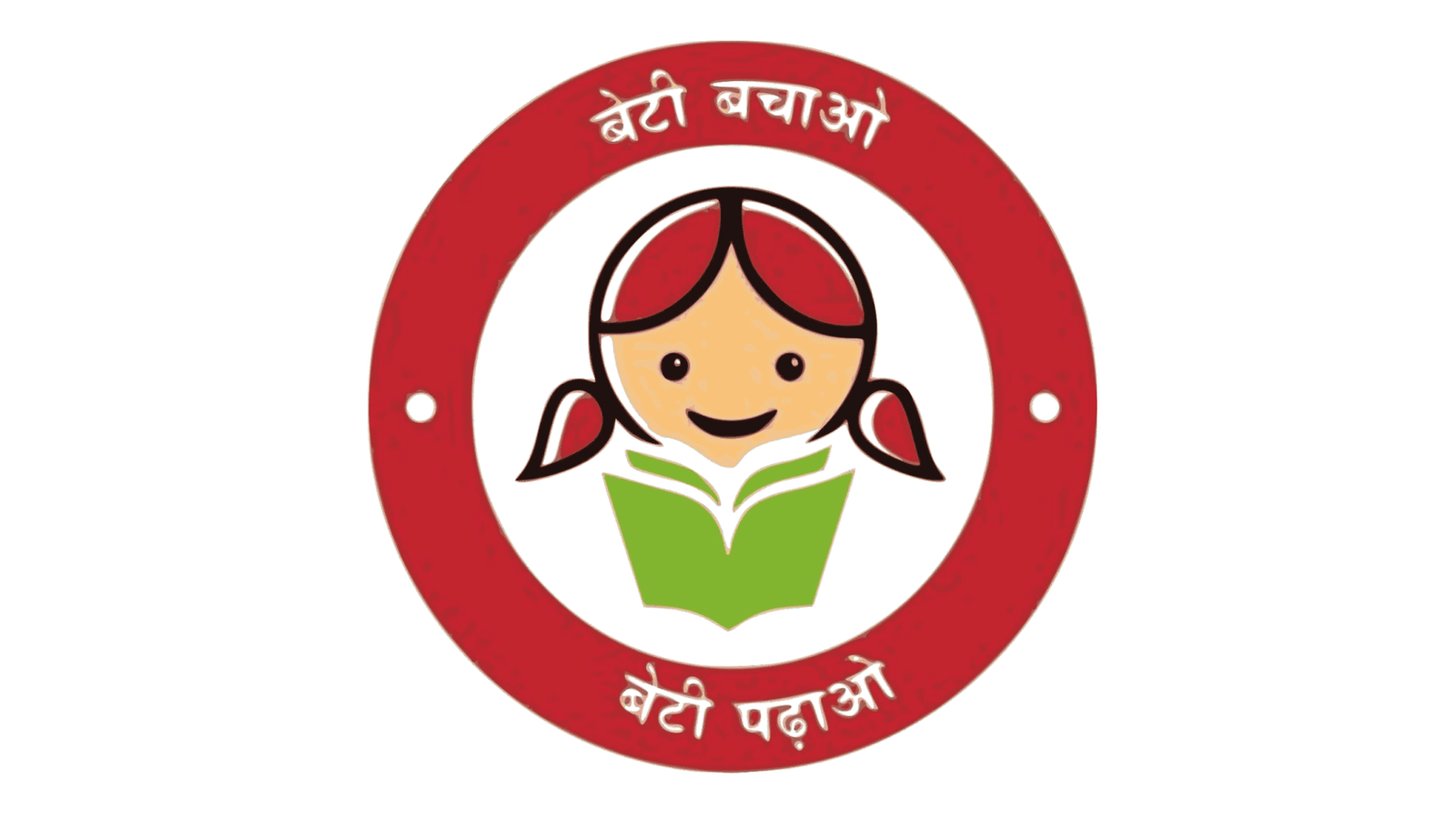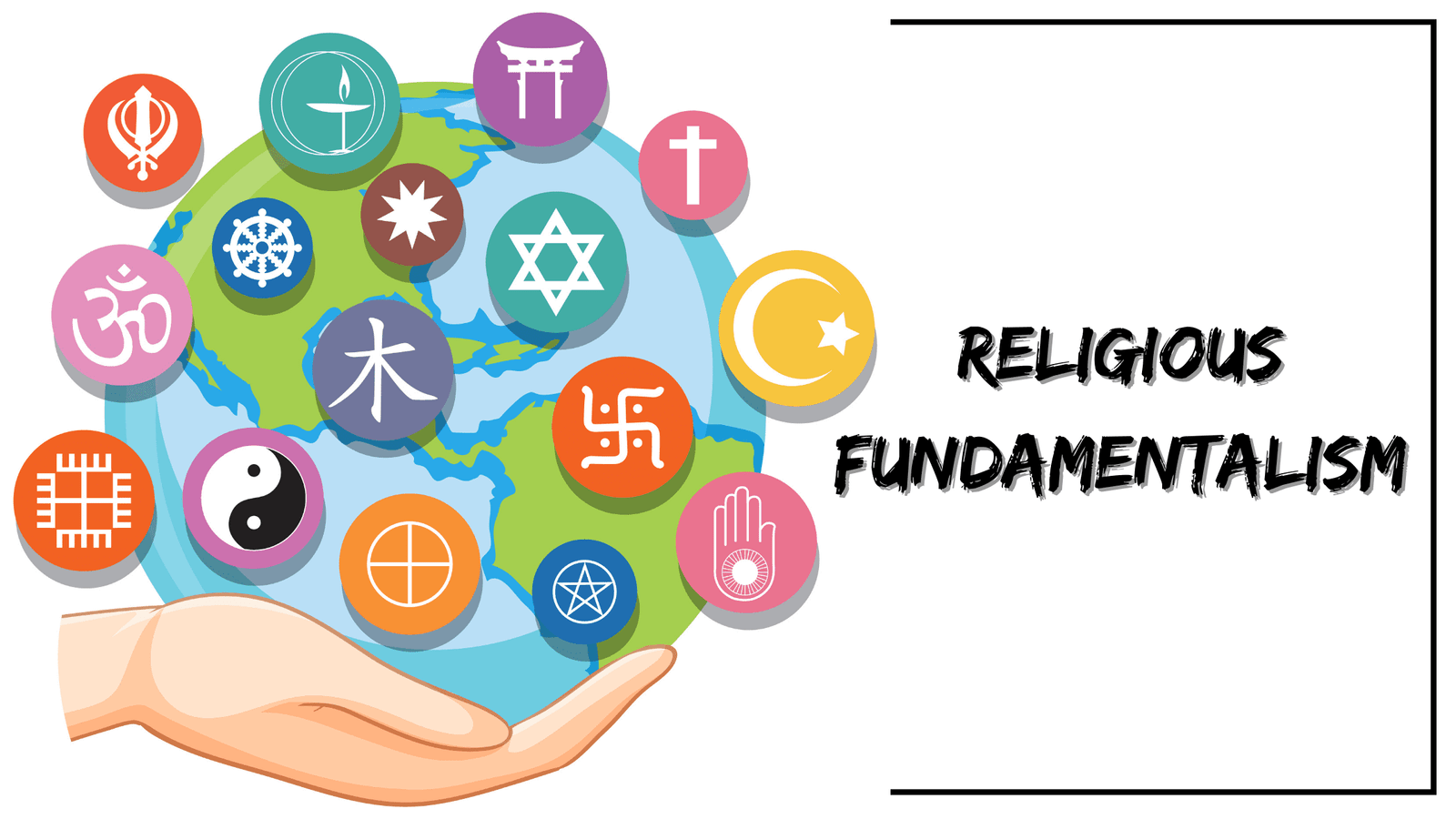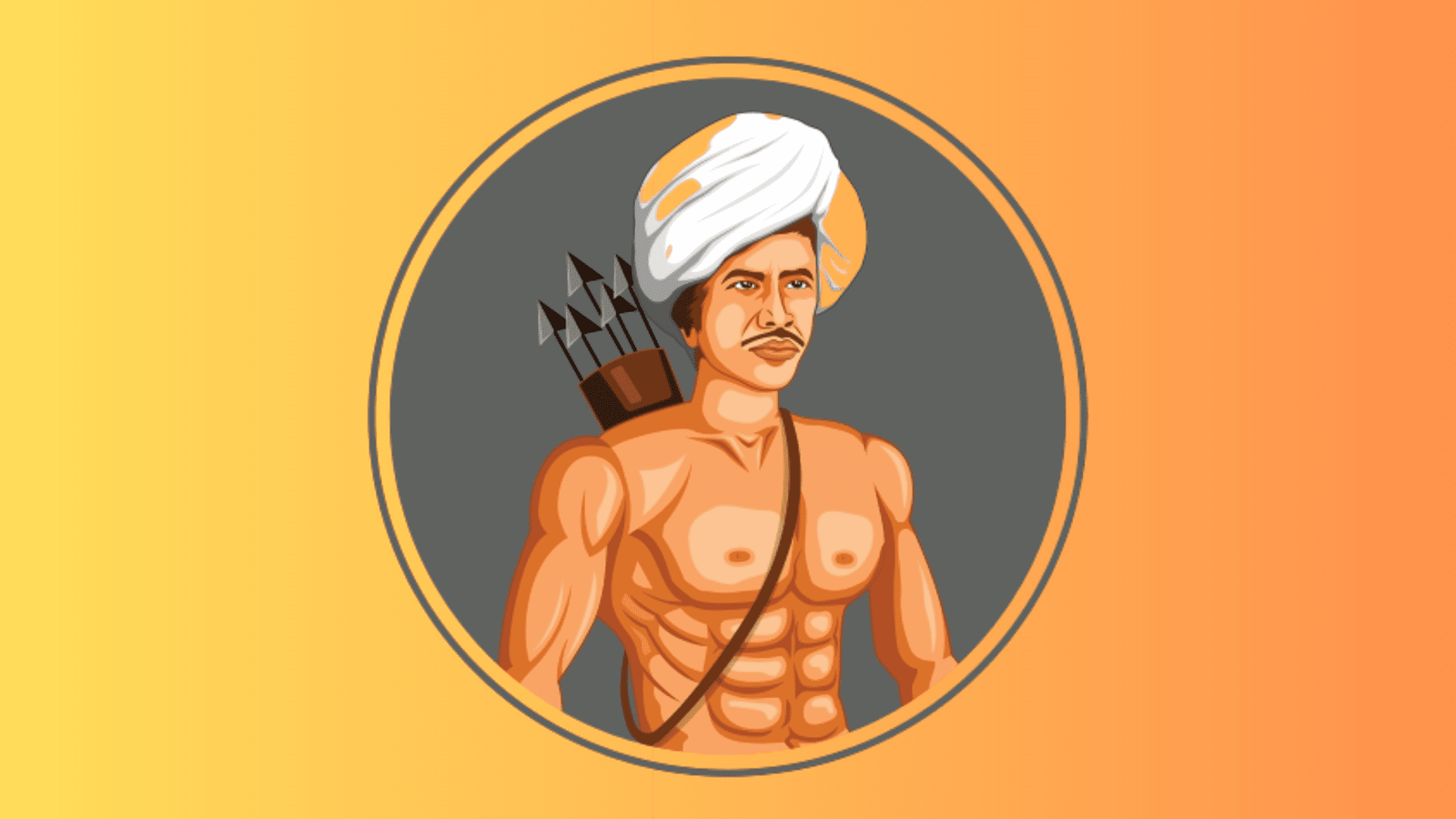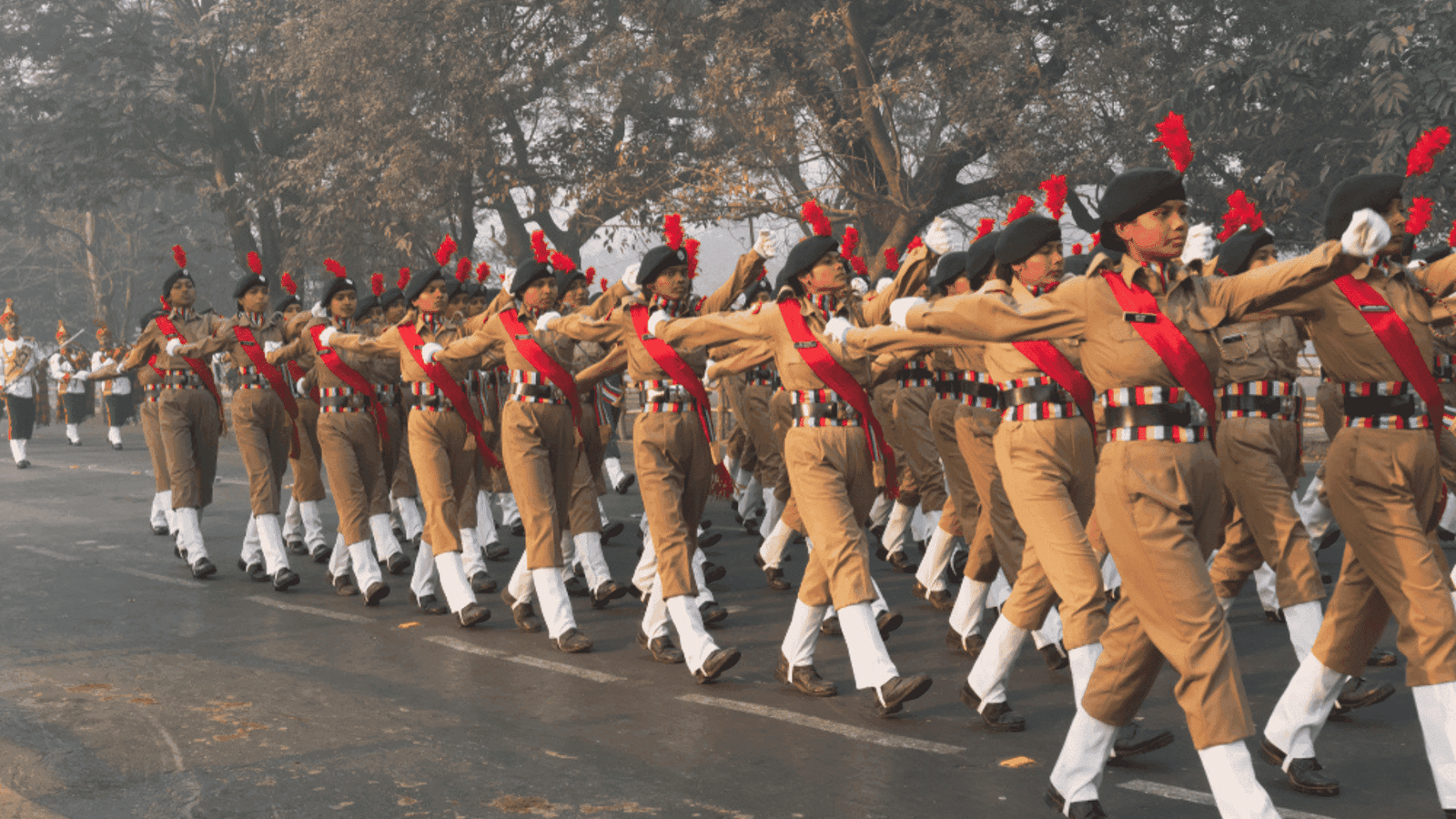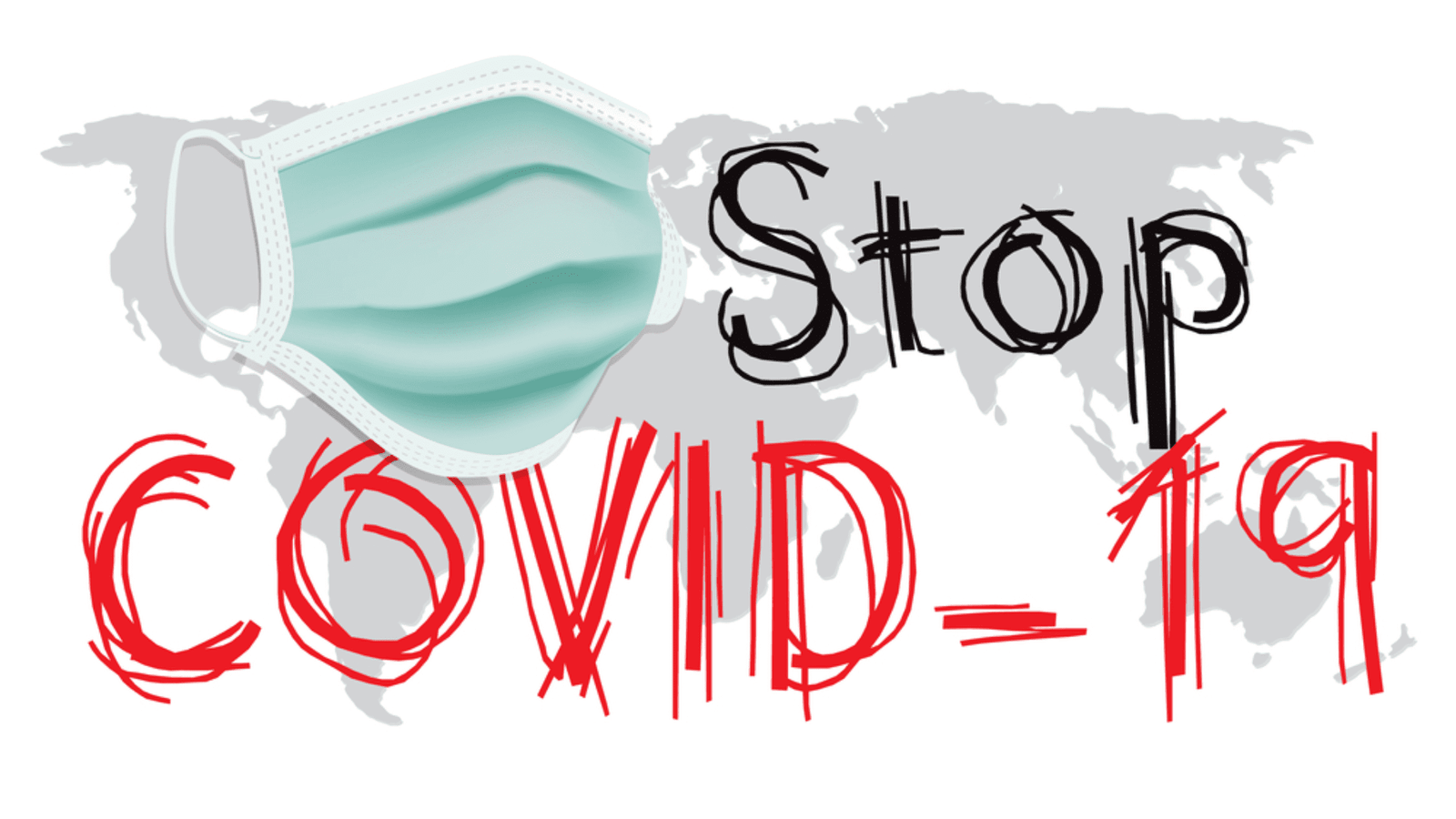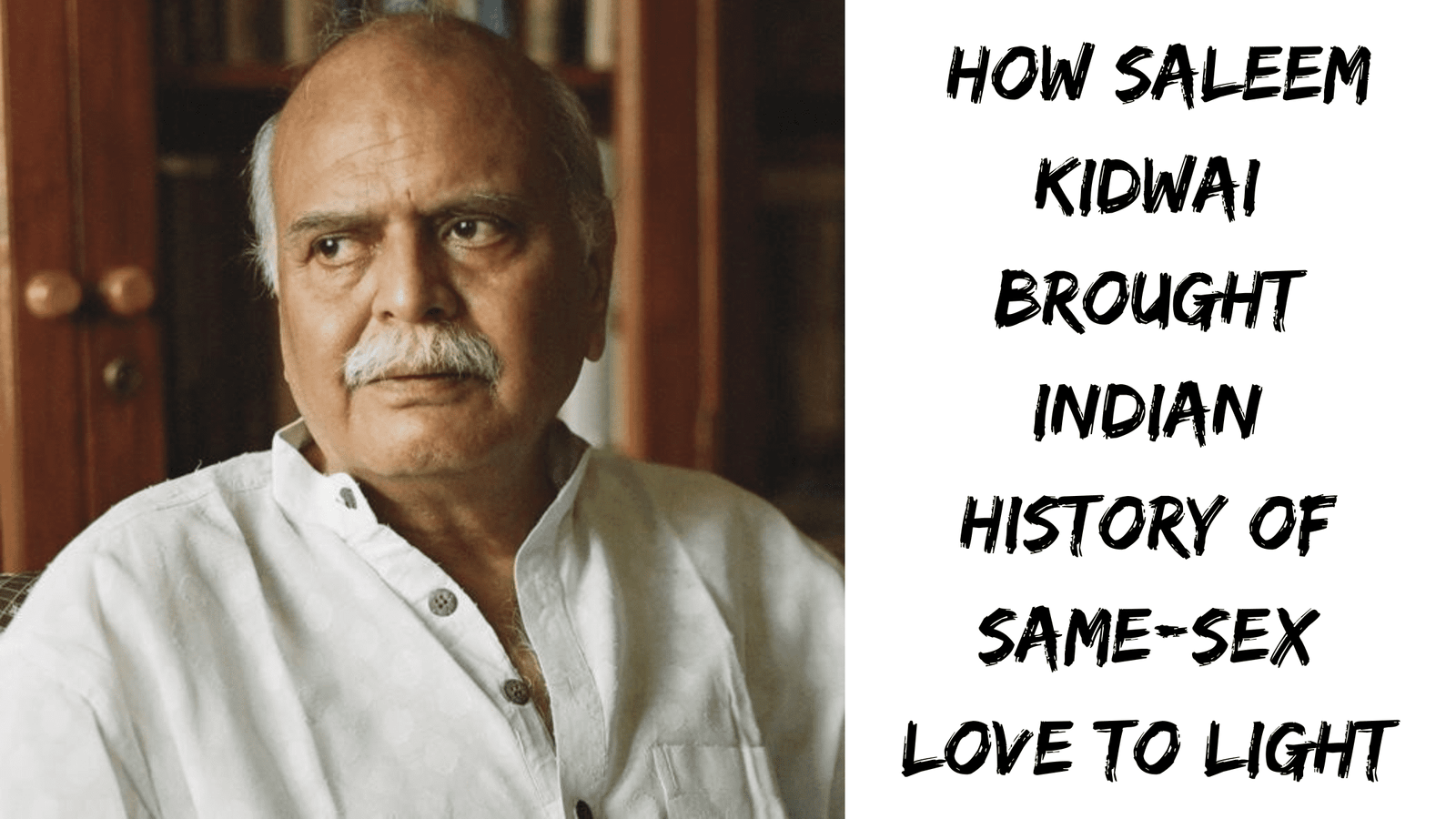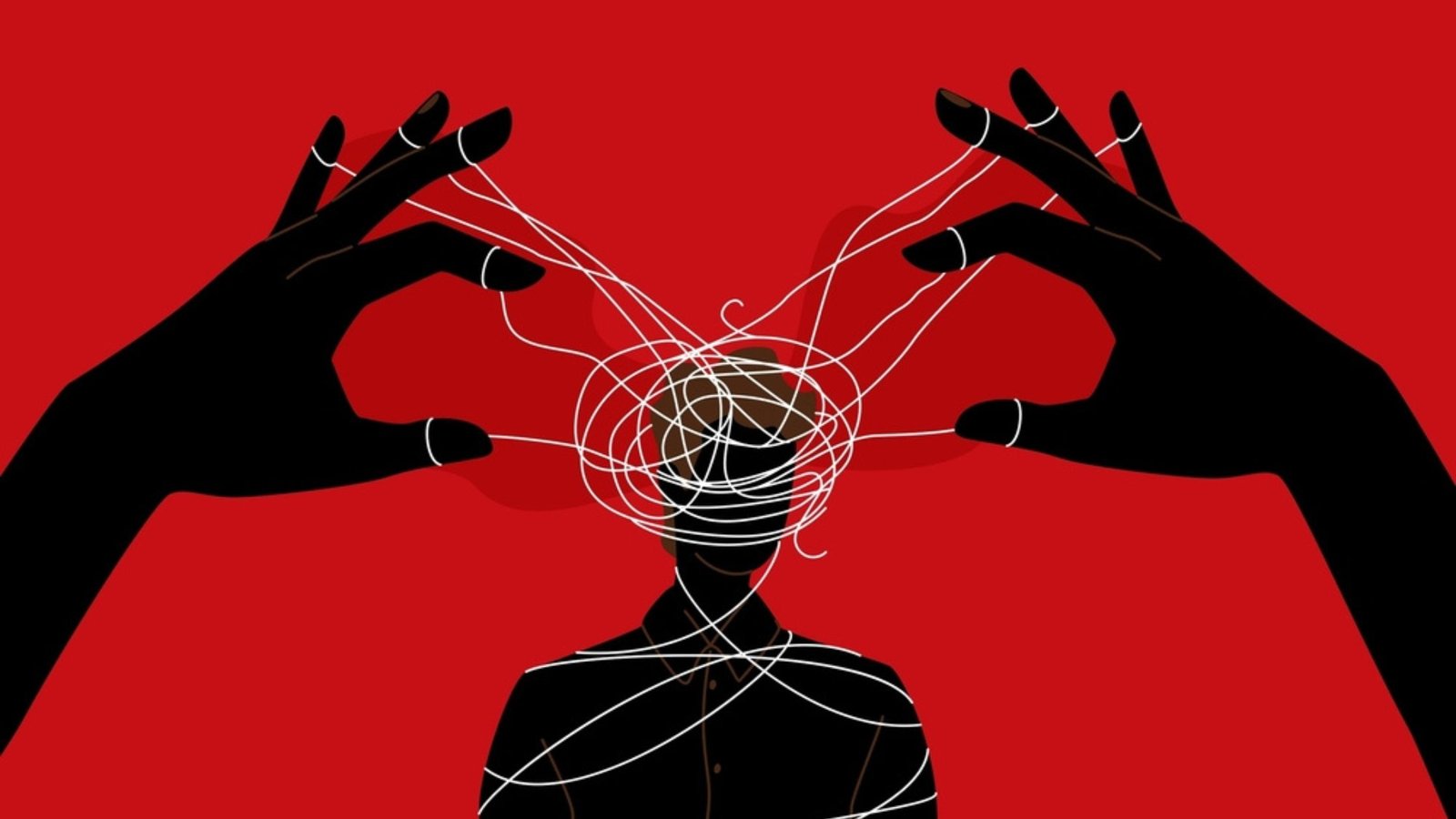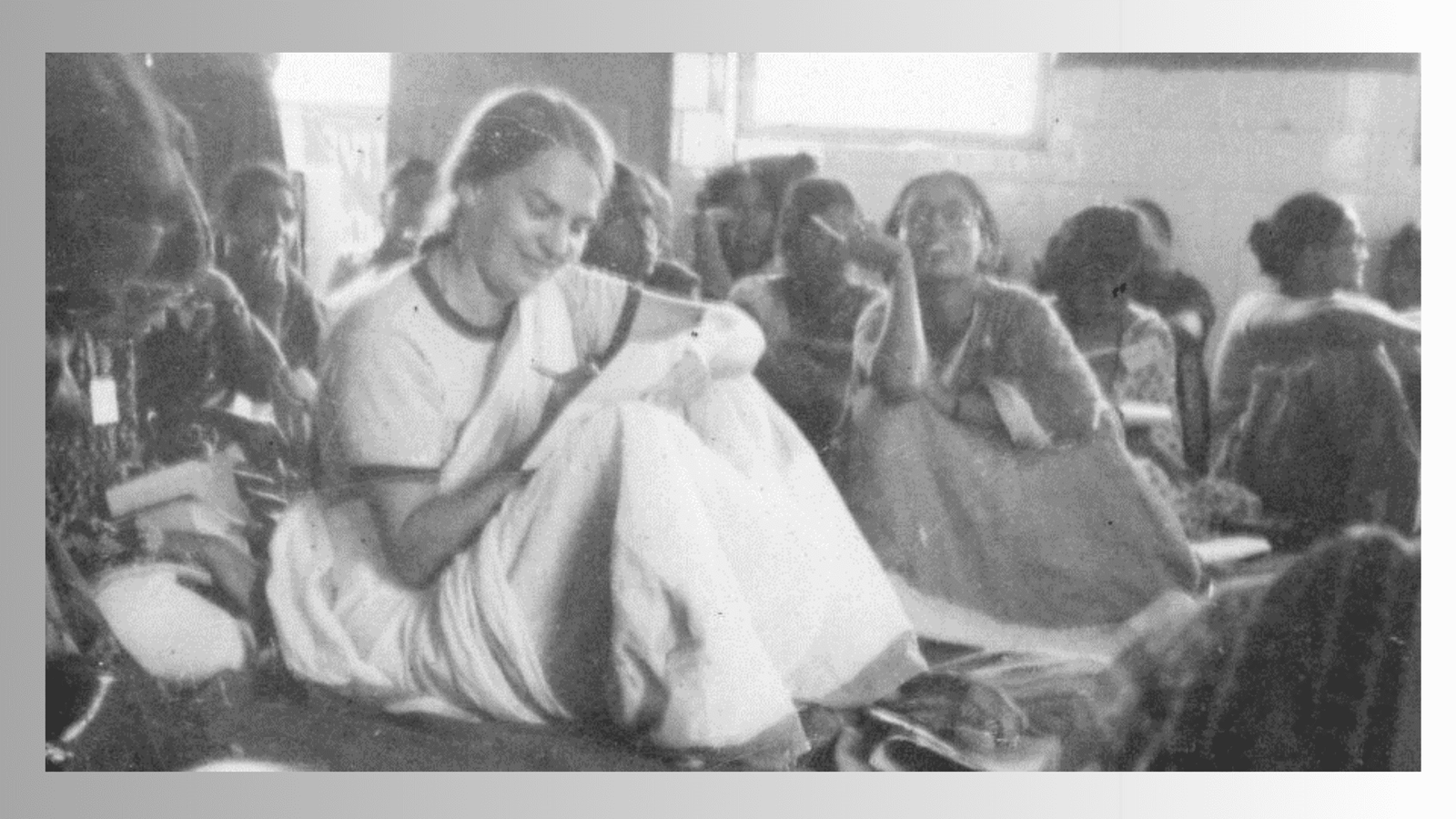
The News:
Gail Omvedt, American born Indian sociologist died on August 25, 2021. Her writings clearly outline the vision of a casteless, classless, and democratic just society.
Her works in the field of sociology:
She was a zealous anti-caste crusader.In her book Seeking Begumpura: The social vision of Anti Caste Intellectual, she offered a critical view of Indian history. She contrasted Gandhi’s village Utopia of Ram Rajya with Ravidas’s anti-caste, tax free, sorrow less societyThe book traces the cultural movement of depressed classes and their social experiences. She also emphasized on the relevance of Dalit Bahujan anti-caste intellectuals in the era of globalization.
Her dissertation on ‘Cultural Revolt in a Colonial Society: The Non- Brahmin Movement in Western India’ became a pioneering study of Mahatma Phule and his movement.
In her book ‘Understanding Caste: From Buddha to Ambedkar and beyond’, she drew on Buddhist writings to contextualize Dalit movements inspired by Dr Ambedkar and deconstructed the Varna system that texts like Manusmriti tend to legitimize. Gail Omvedt’santi-caste writings have a unique influence on the Dalit-Bahujan movement in post-Independent India. Her intellectual activism was organised around a critique of inequality and the struggle for social justice in India. Omvedt was influenced by Buddha, Kabir, Phule, and Ambedkar. Her work reflects the important ways in which the non-brahmin movement produce anti-caste intellectual thought in India. Indeed, Omvedt’s literature reminds us of the radical bhakti movements in the fifteenth to seventeenth centuries as a rejection of the traditional brahminic hegemony.
Omvedt suggested that Dalit protest was a key factor in shaping the discourse of rights and constitutional safeguards. Her intellectual activism focused on the agency of the Dalits and challenged the limits of the politics of the left and Hindutva impulses.
She was a spokesperson of the feminist movement in India. In her book Violence against Women: New movements and new theories in India she wrote about how all women were sexually exploited and culturally oppressed, but not in the same way. Lower caste, Dalit and working class women were subject to what she termed ‘social patriarchy’, while women from upper castes were subject to punitive ethics of the family.
She also wrote ‘We shall smash this prison: Indian women in struggle’ where she discussed the concrete problems of organizing autonomous women’s movement in India.For her, women’s liberation from daily caste experience and patriarchy was important for social emancipation.
She was watchful of environmental struggles. She wrote about the alienation between two of the most powerful social movements in India- the anti-caste movement and the environment movement. She writes of her experiences of visit to three fishing communities in Odisha accompanied by Dalit guides and records the resentment among the locals around top down instructions by Government cooperatives on where they could live and where they could fish.
However, she faced criticism for portrayal of caste-discrimination and violence as a form of racism. Andre Beteille, while acknowledging that discrimination exists, opposed treating caste as a form of racism and described such attempts as ‘politically mischievous’ and ‘scientifically nonsense’.
